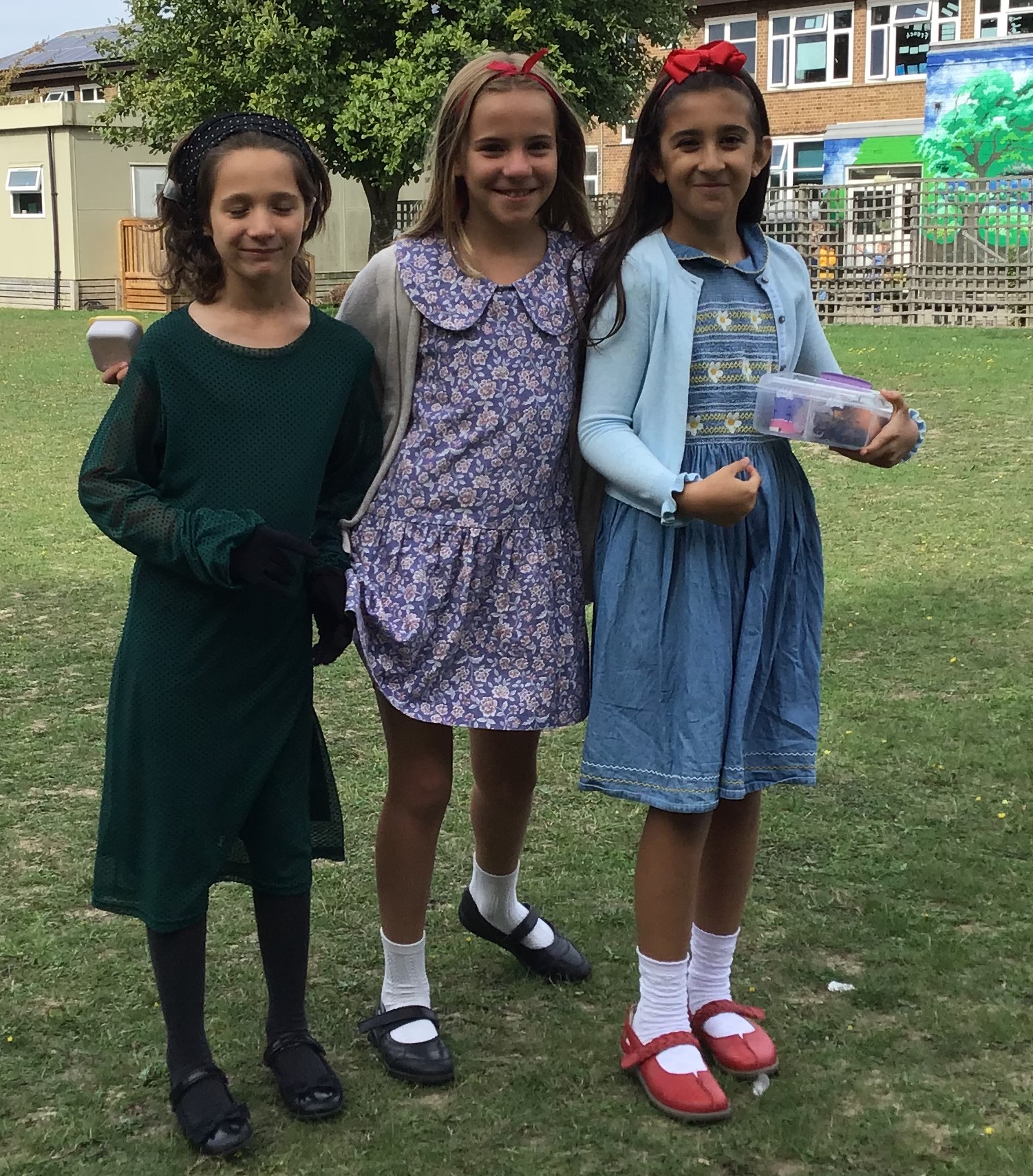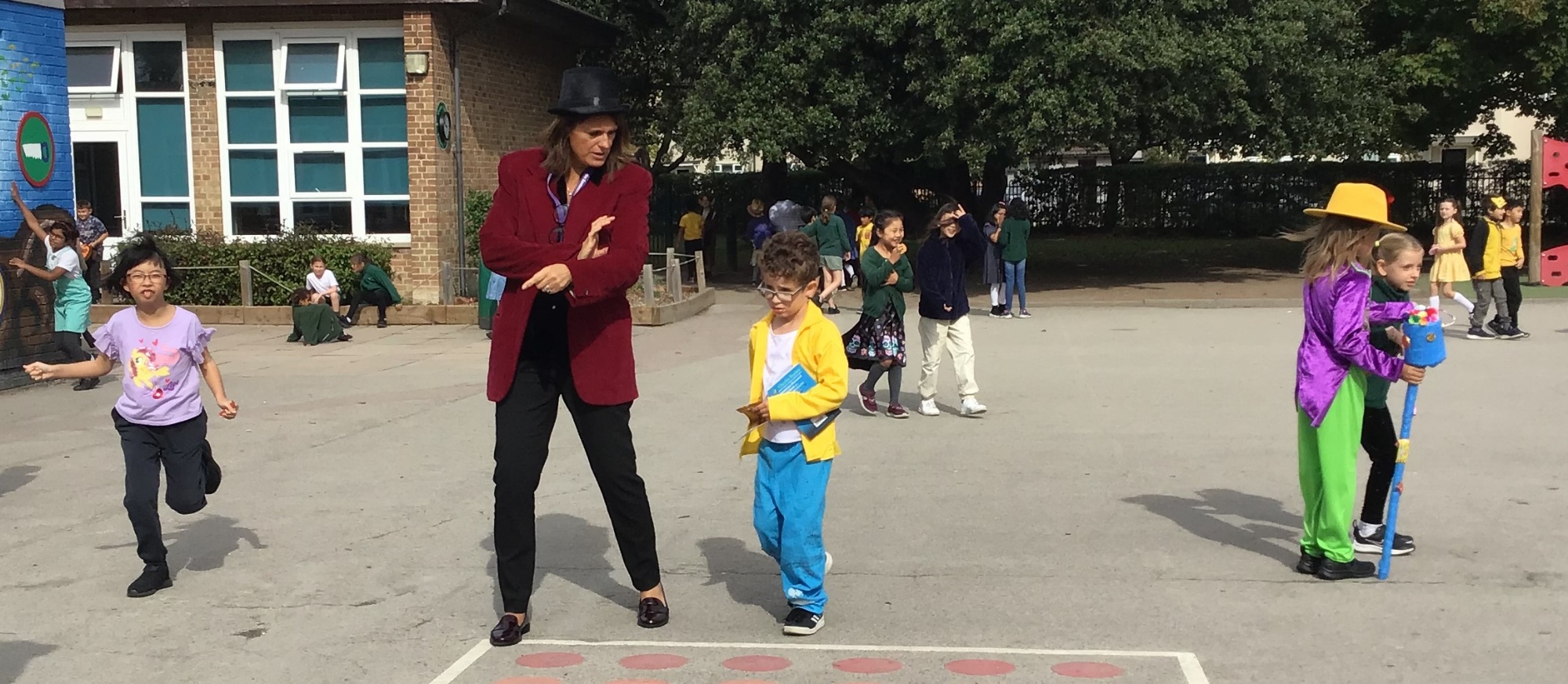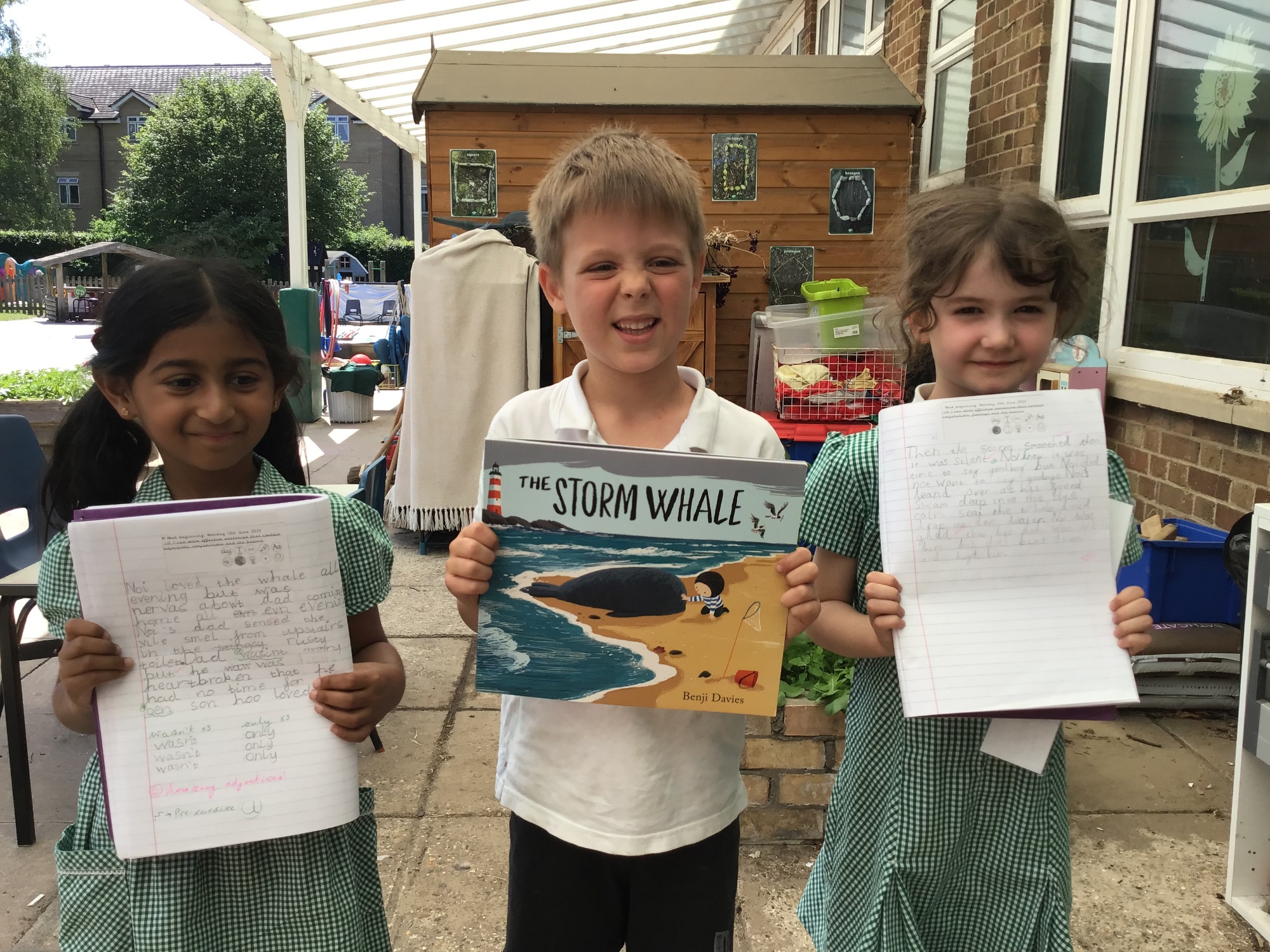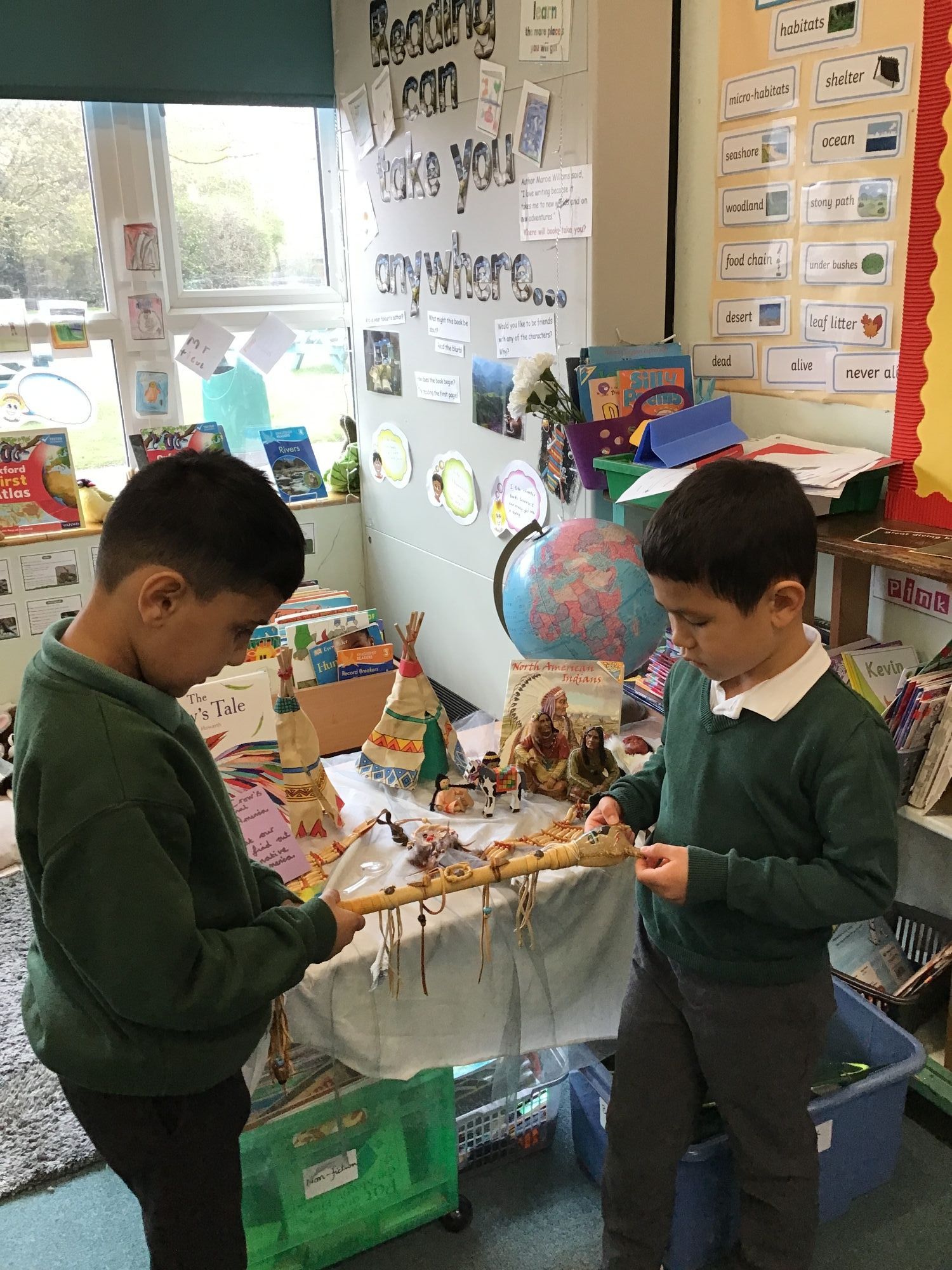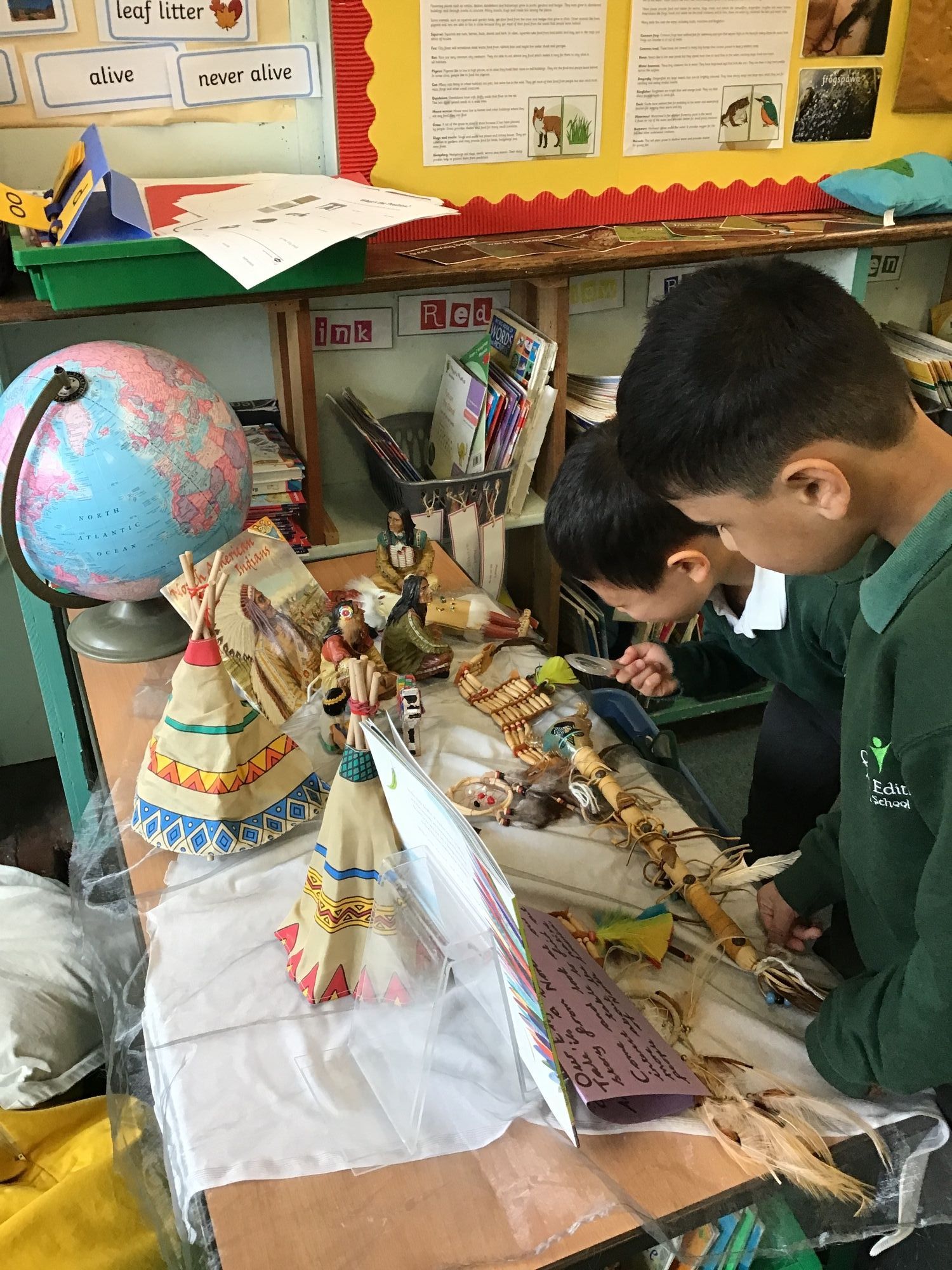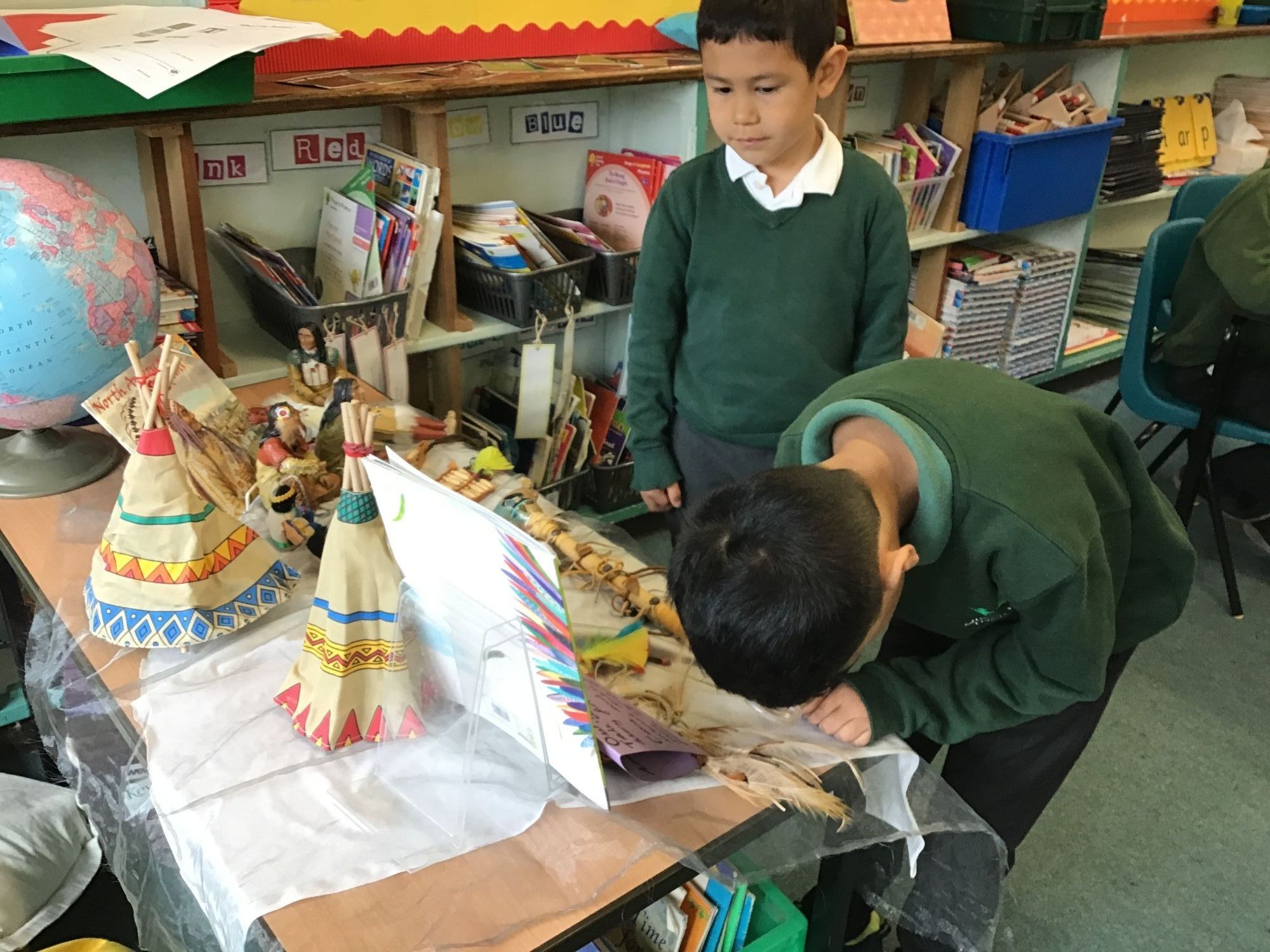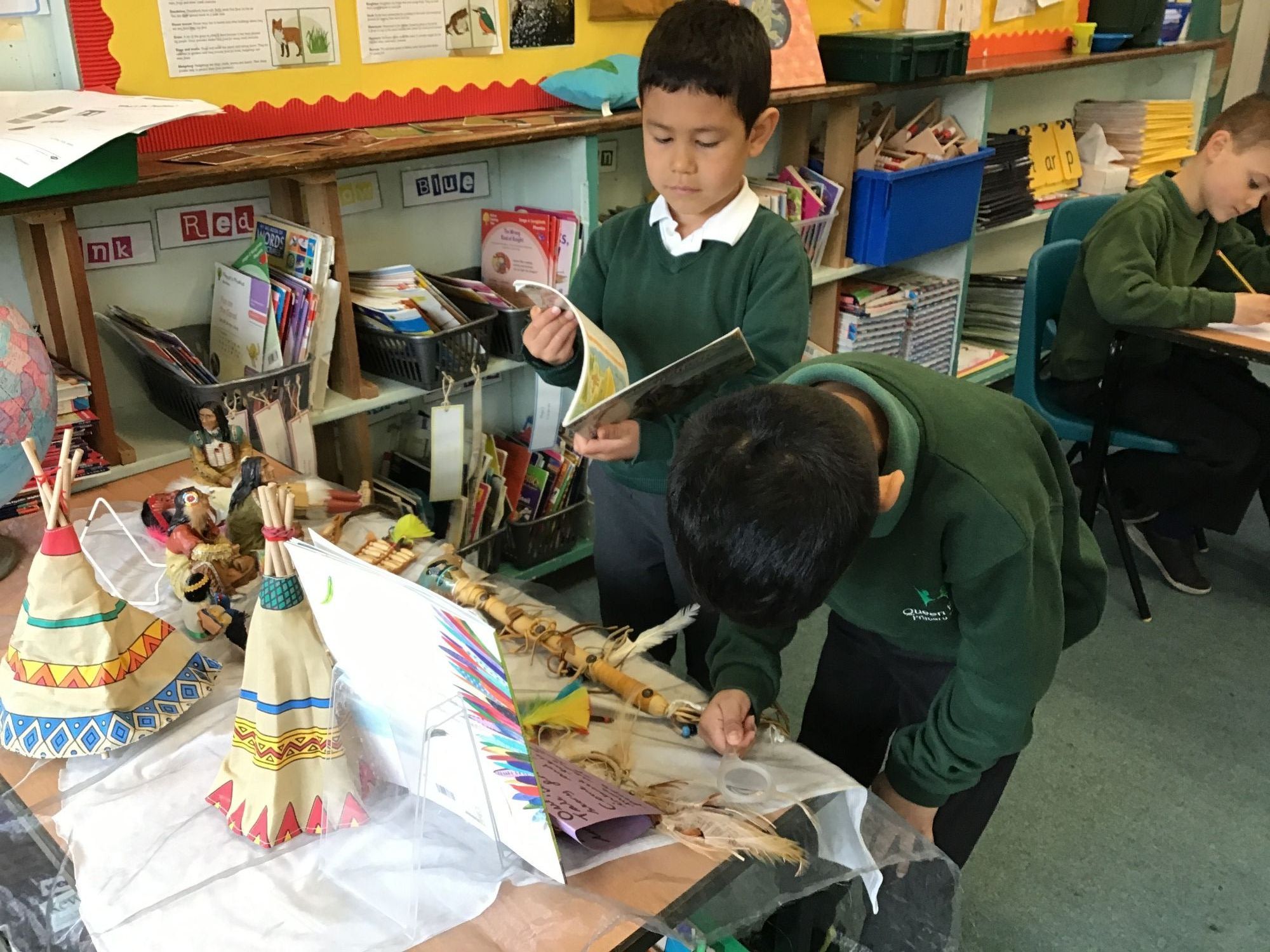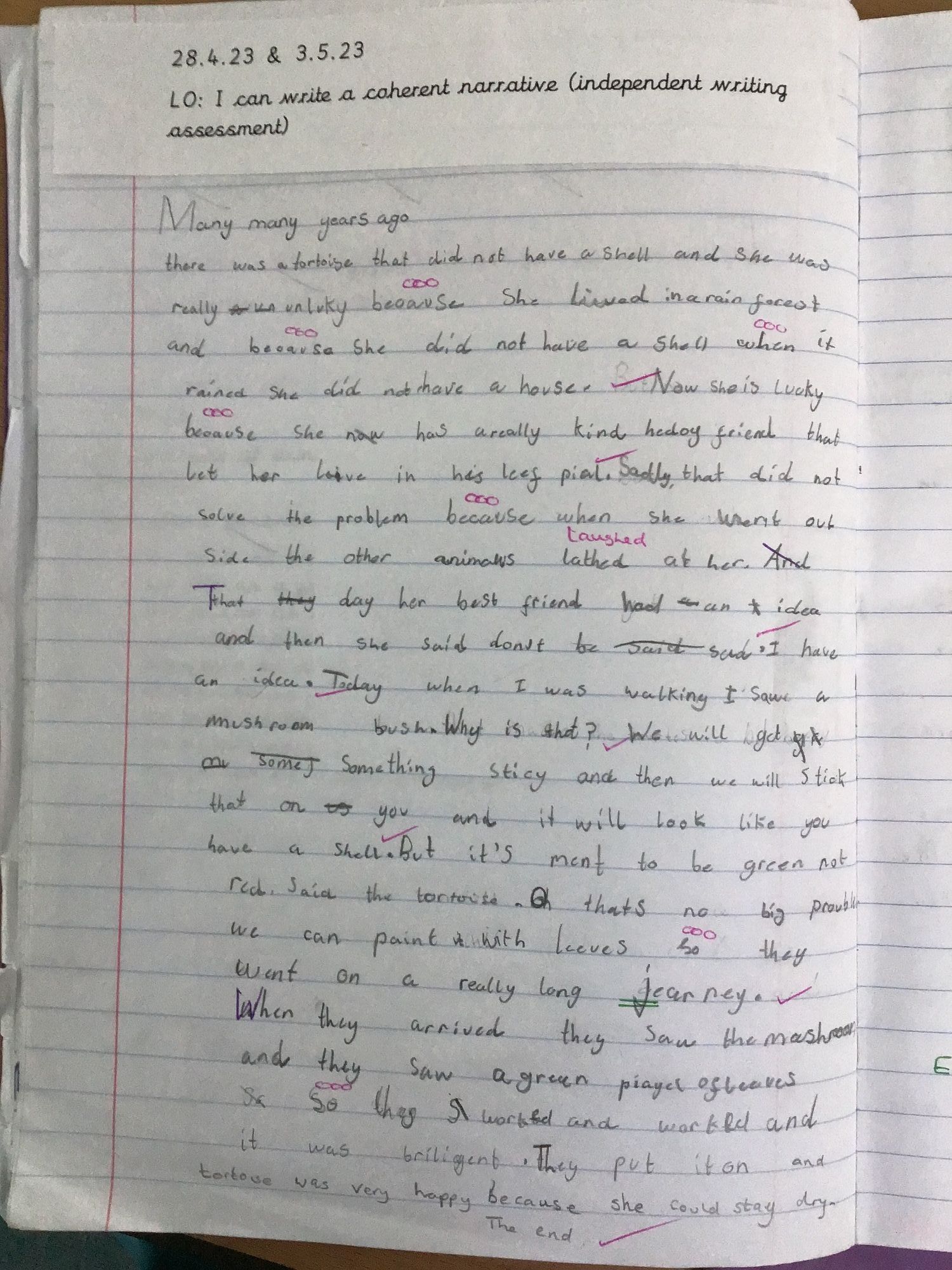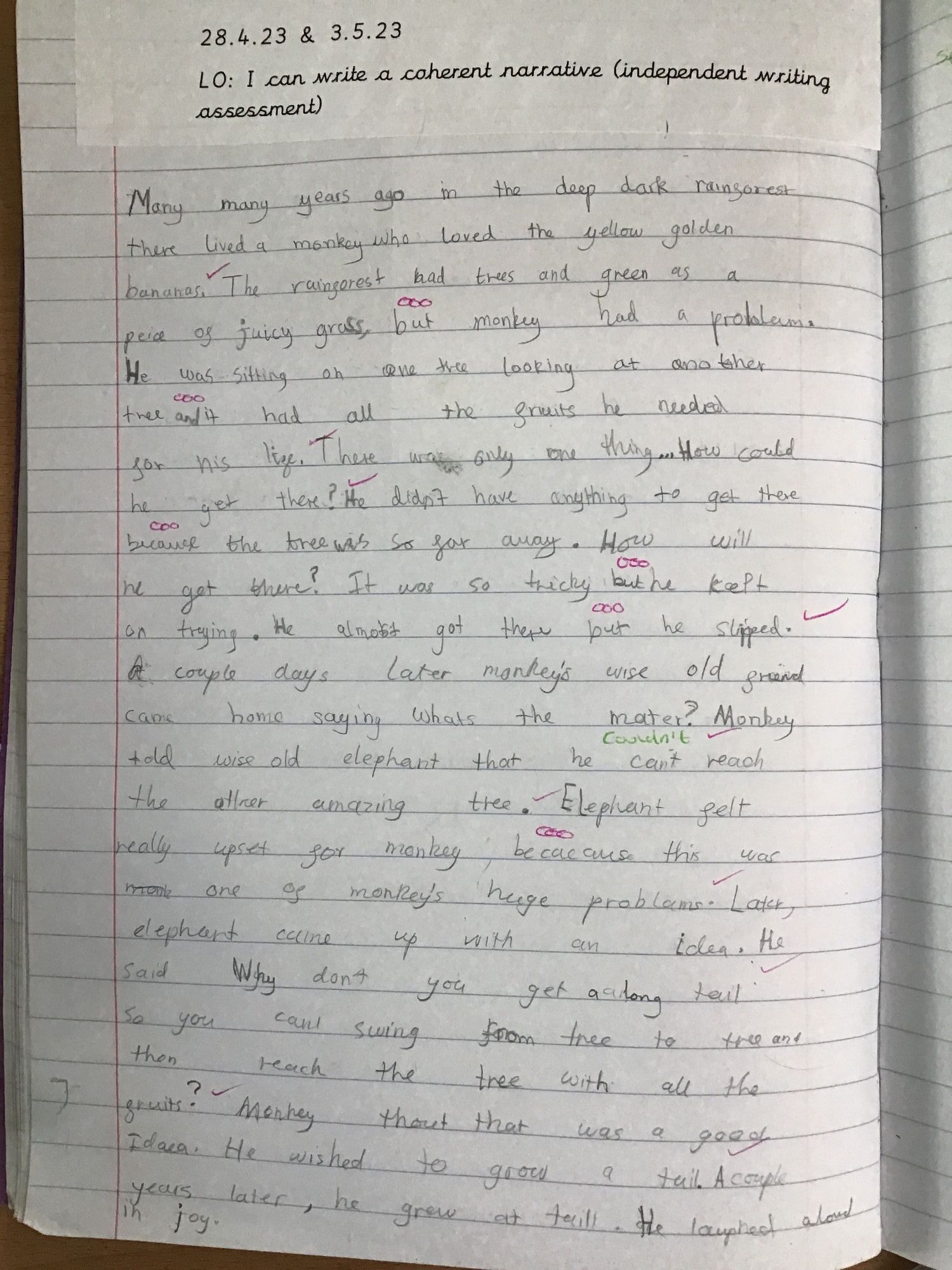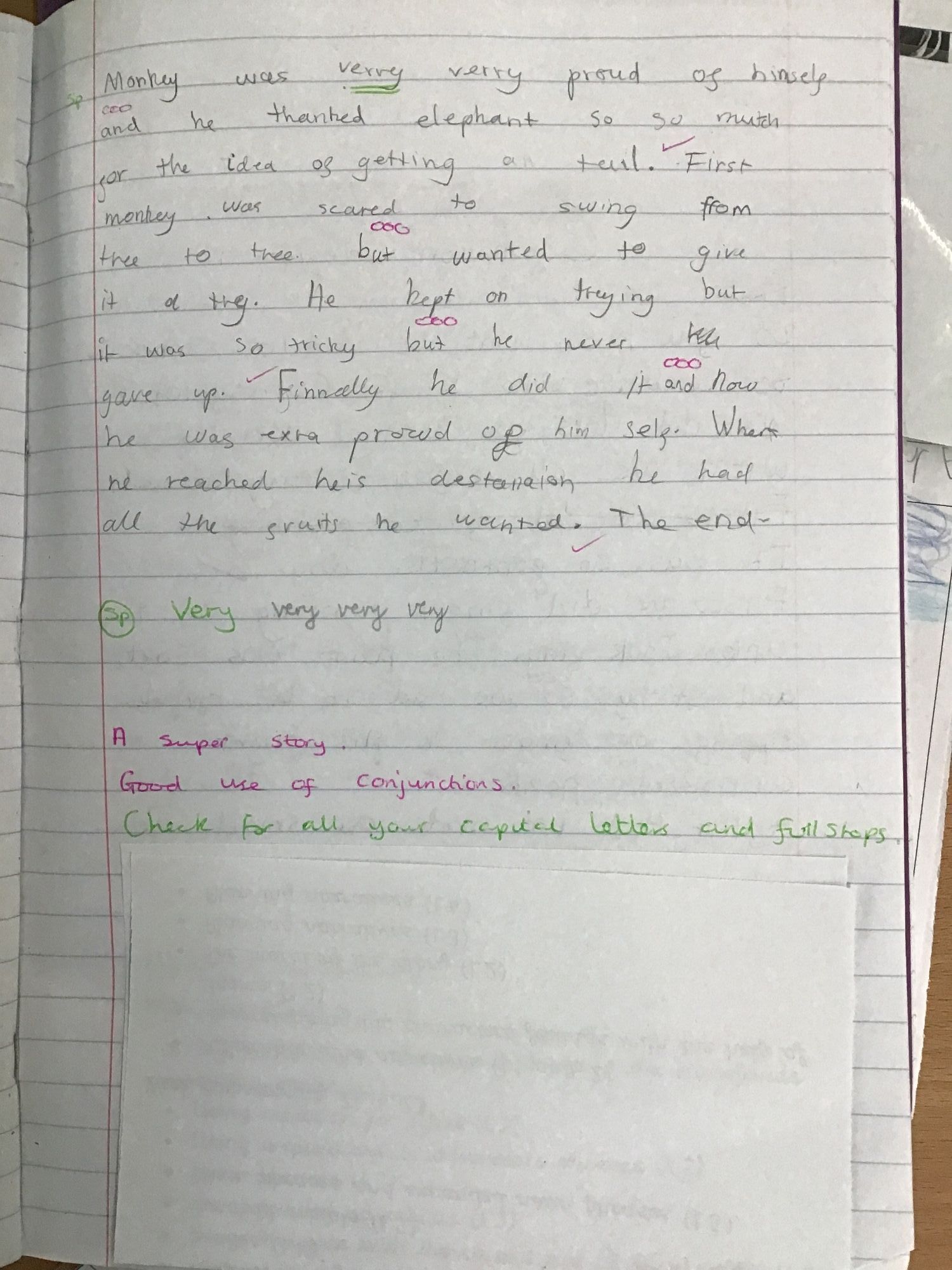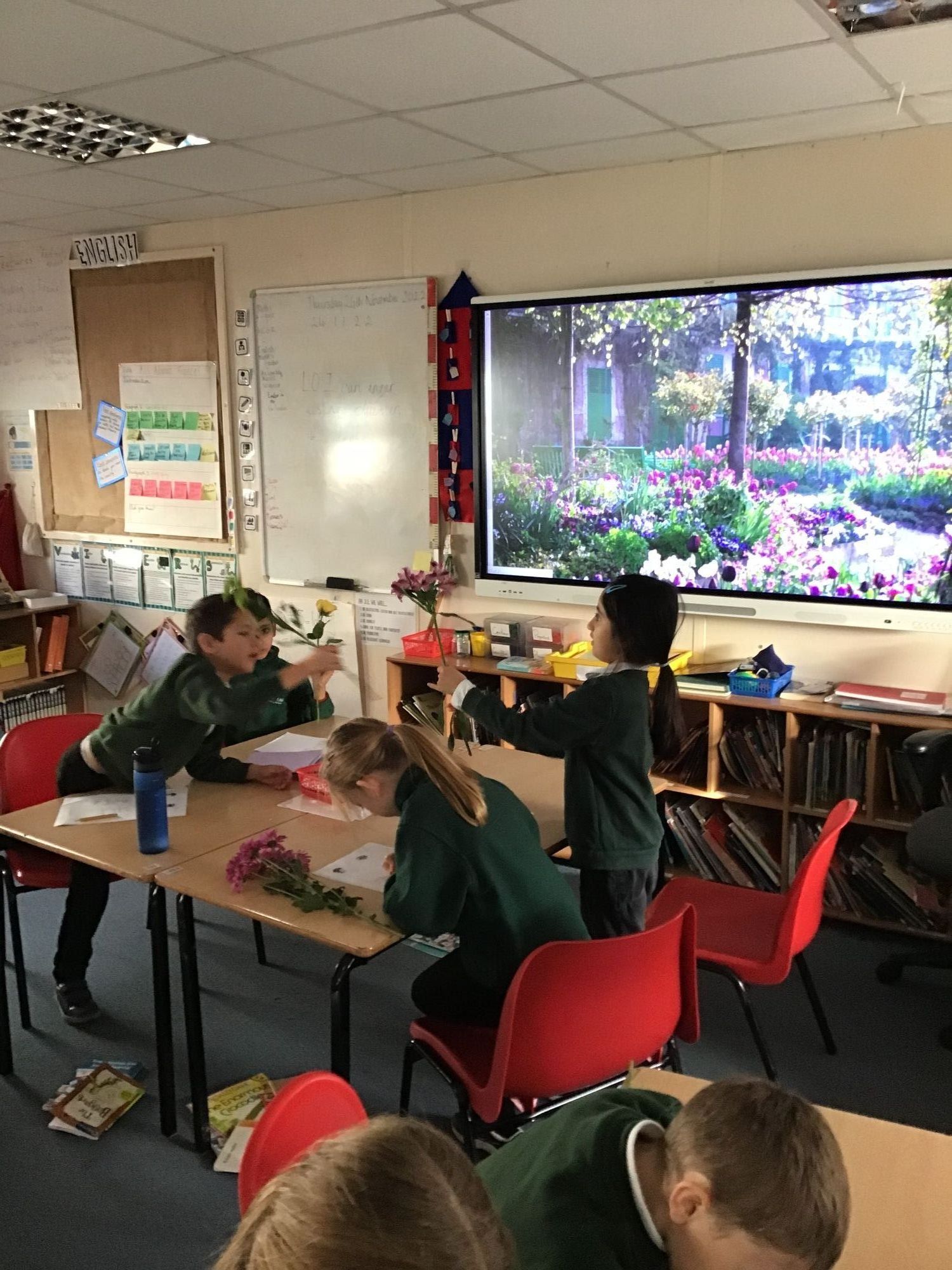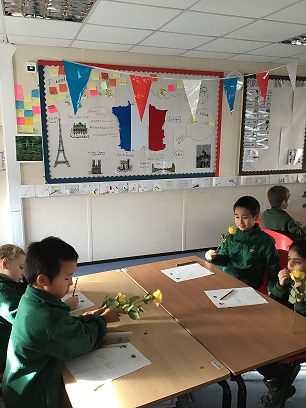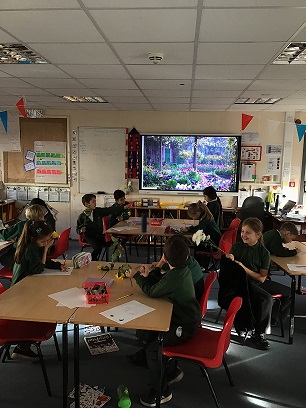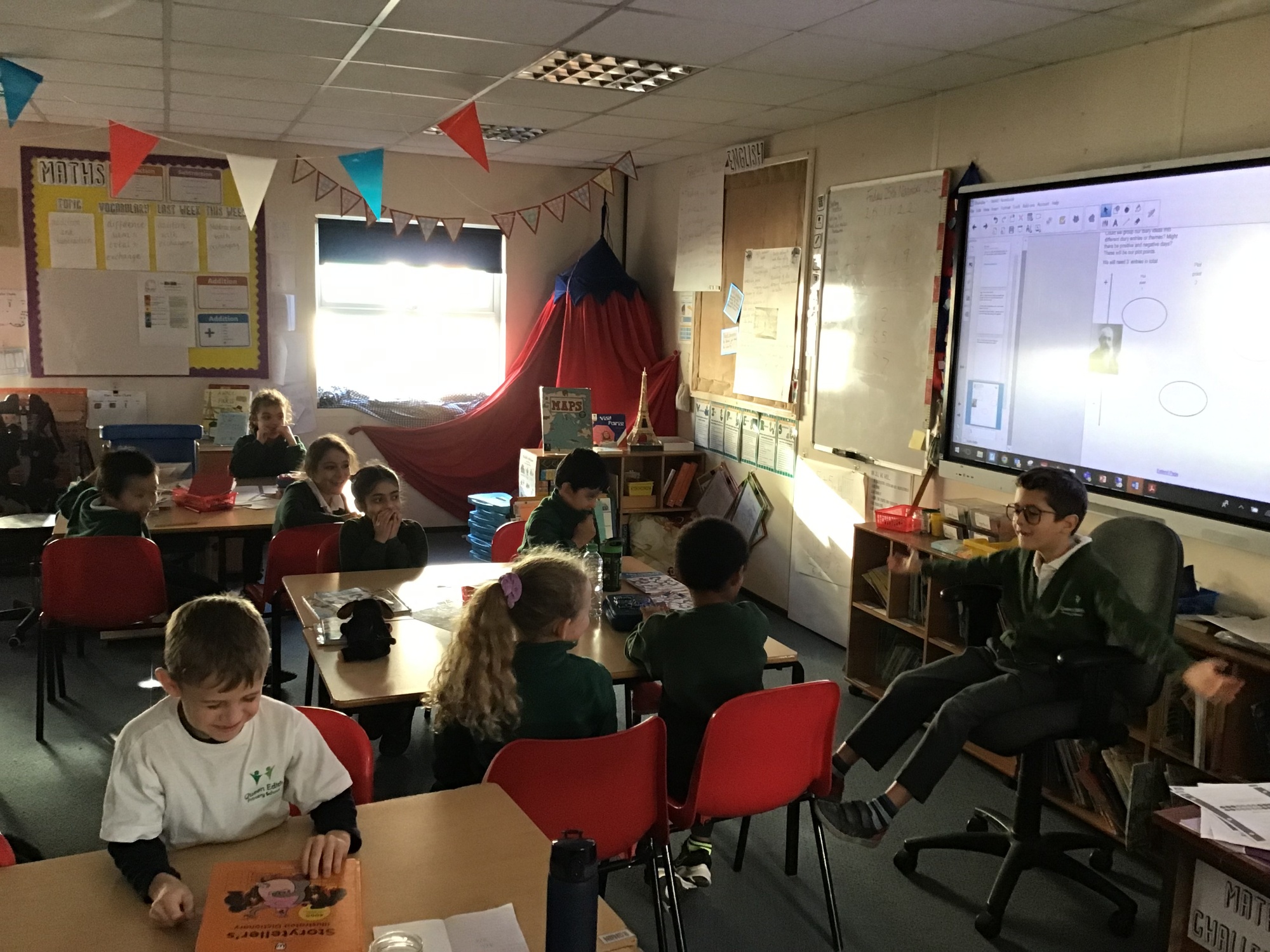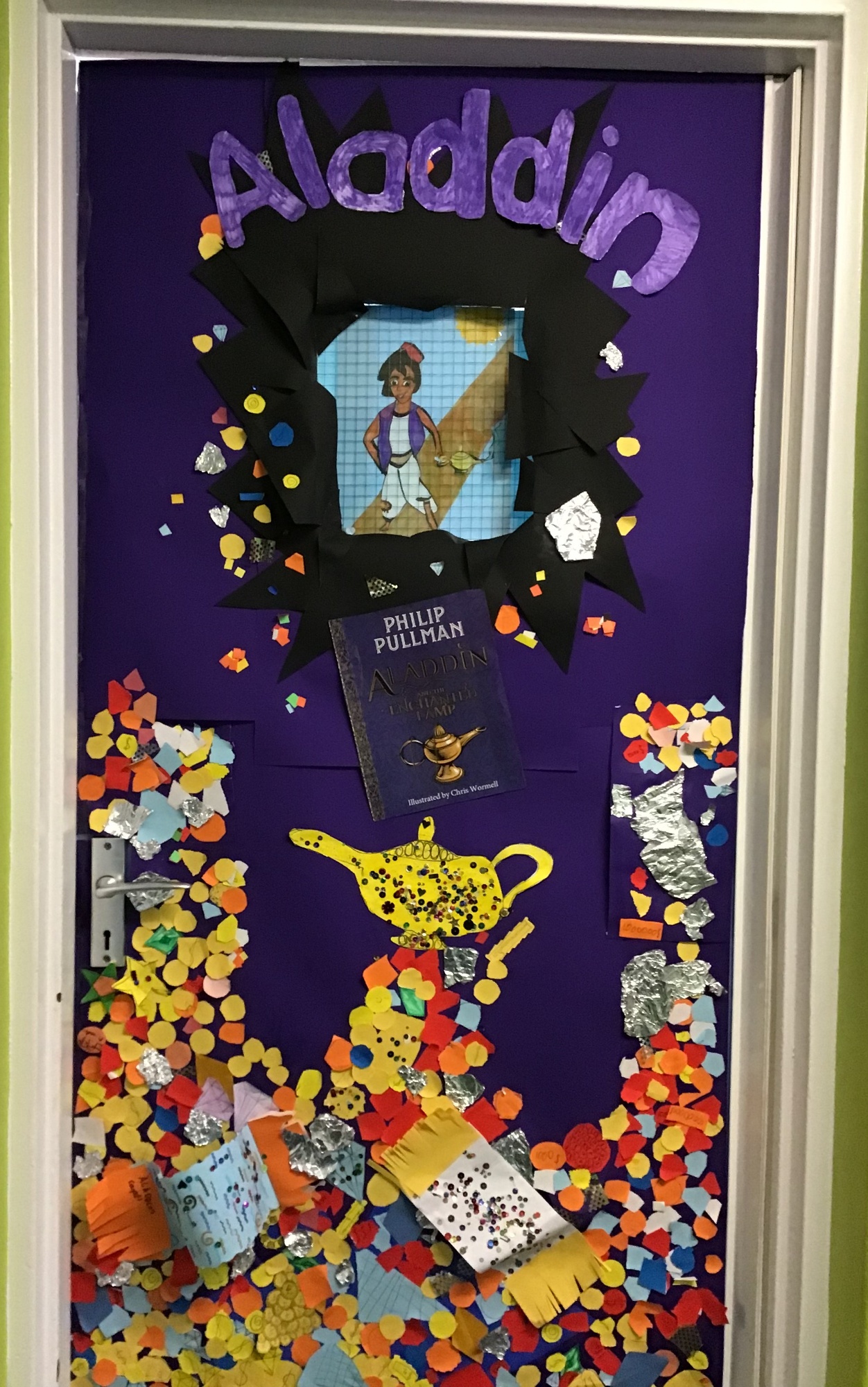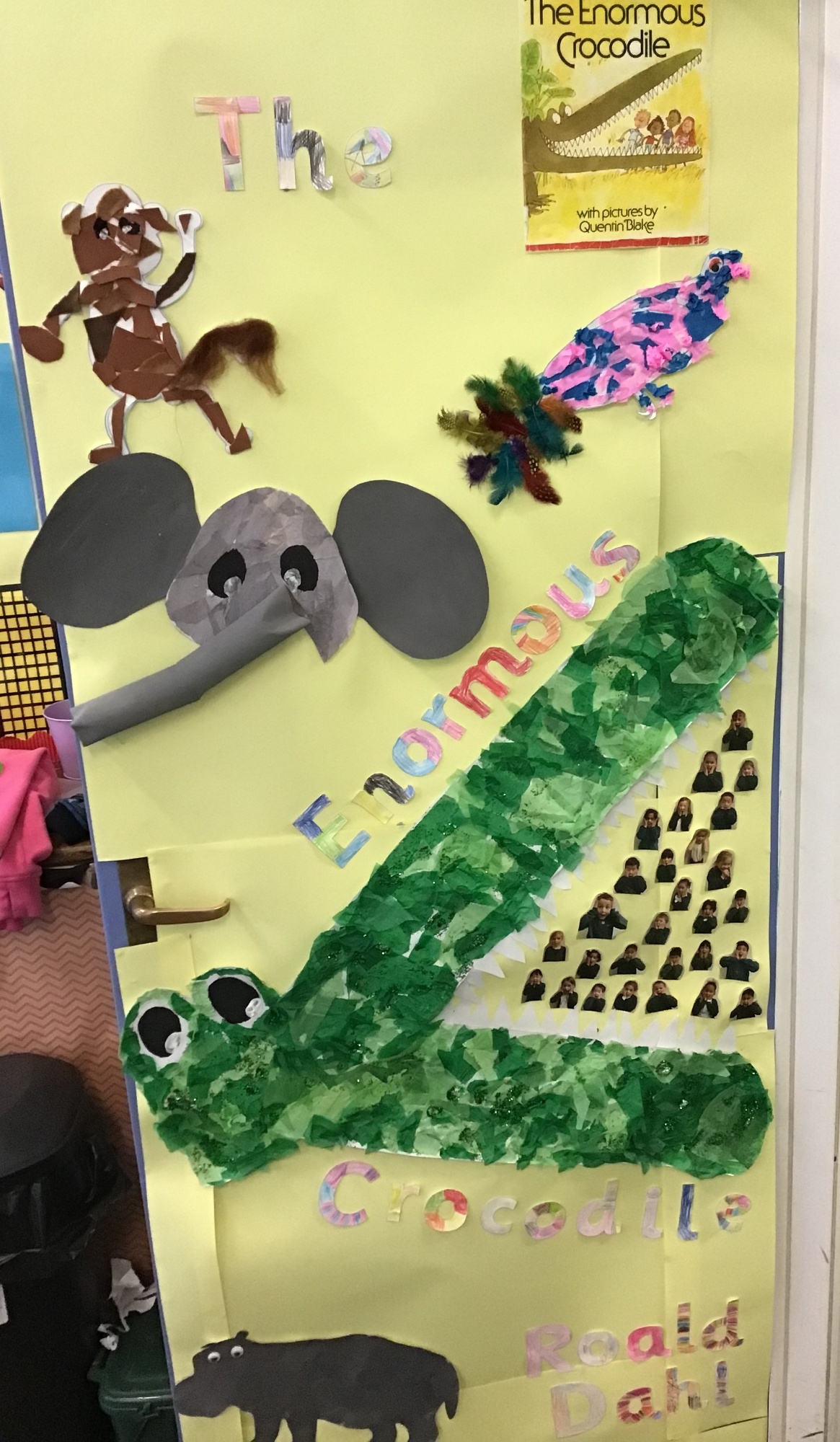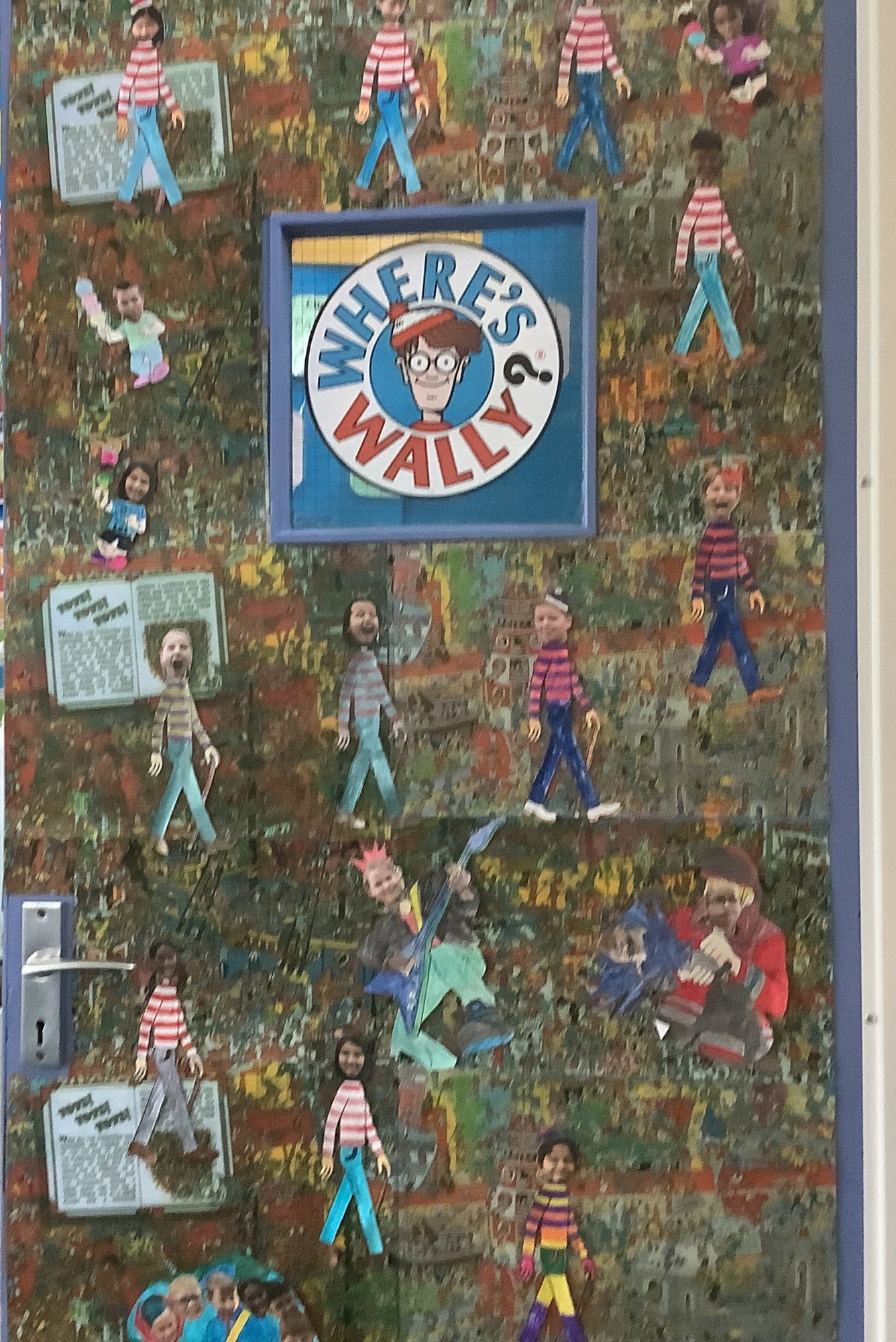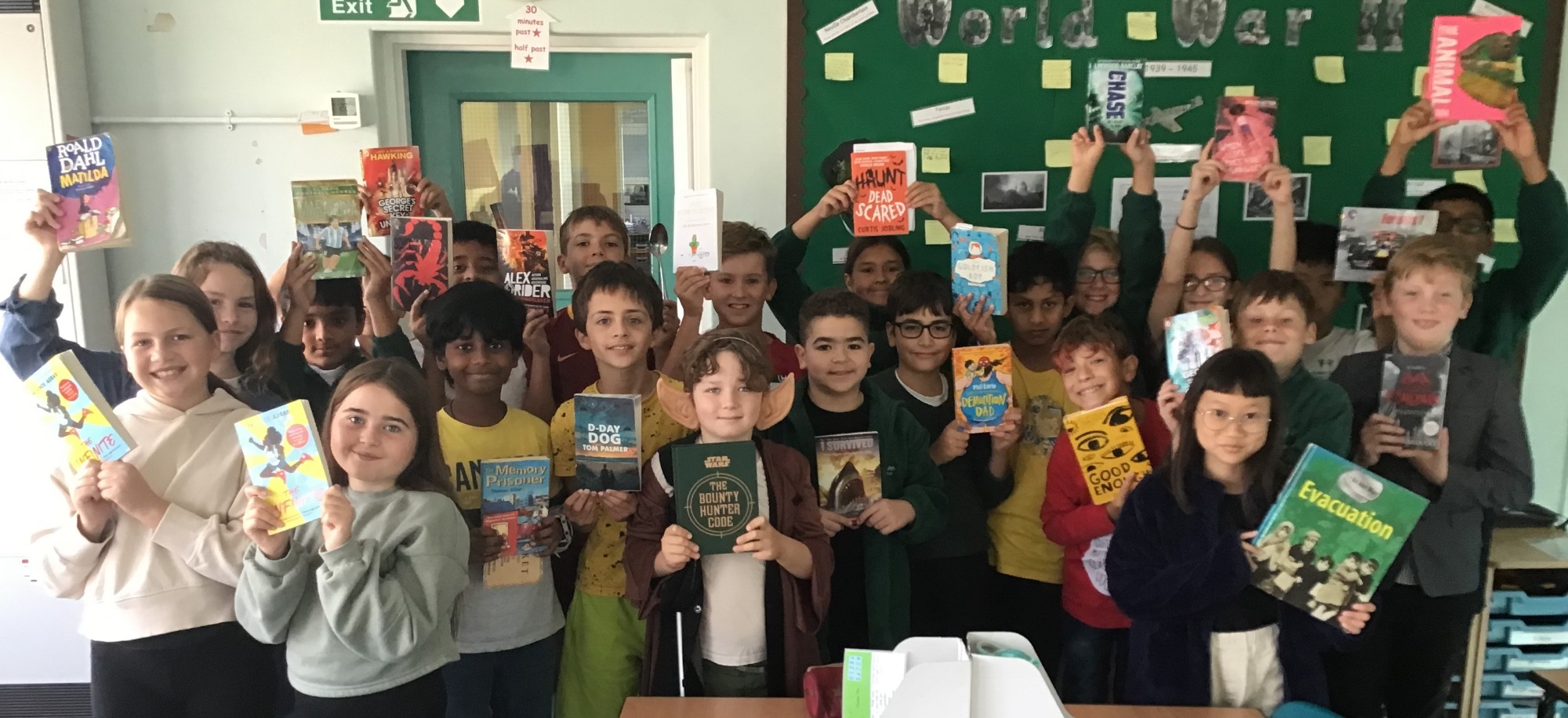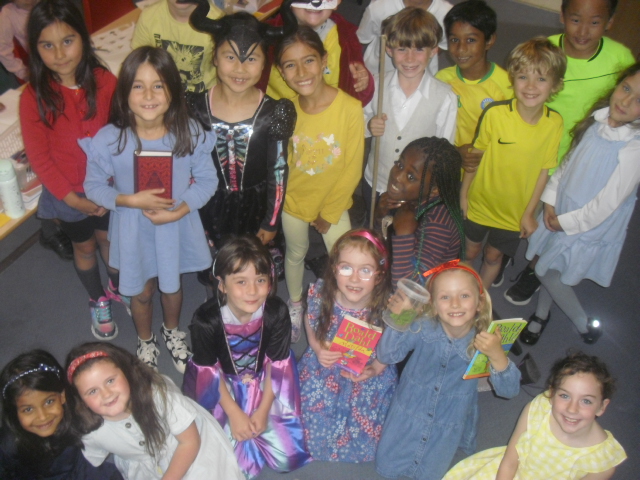English / Literacy
Queens’ Federation: English Subject Statement
Intent
At the Queens’ Federation we aim to foster ‘Learning for Life.’
We will provide a rich, relevant and inspirational curriculum that promotes a lifelong love of learning and equips our pupils with the key knowledge and understanding, skills and personal qualities that they will need to thrive in a rapidly changing world. Our curriculum is designed to be relevant to our children and is linked to the context of our school and the local community.
Learning to read and write well are two of the most important skills that children develop in primary school. At the Queens’ Federation, the development of these crucial life skills is one of our highest priorities. It is our aim that all pupils will:
- read fluently, with enjoyment and good understanding
- write clearly, accurately and creatively, sharing their ideas with confidence
- speak confidently and listen to others carefully and with respect
Reading
The development of reading fluency, confidence and understanding is a key priority at the Queens’ Federation. It is our aim to foster a lifelong love of reading in all pupils and believe that reading is key for academic success. We aim to provide pupils with a literacy-rich environment, high quality texts and inspiring learning opportunities.
Phonics
Through daily, systematic and consistent high-quality phonics teaching, children learn to blend and segment words for reading and spelling. To allow our children to develop a strong phonic awareness and effective blending, decoding and comprehension skills, we use a DfE validated synthetic phonics programme called Success For All Phonics from FFT. The programme supports our intentions to teach children to read and write independently so that they are able to access a broad and exciting curriculum and flourish as learners throughout their time at our school.
Spelling and Writing
Pupils will be able to communicate their knowledge, ideas and thoughts through their writing. Our pupils will acquire a wide vocabulary, a solid understanding of grammar and will be able to spell new words by effectively applying the spelling patterns and rules they learn. Pupils will write clearly, accurately and coherently in a range of contexts and for different purposes and audiences. We intend to create writers who can re-read, edit and improve their own writing. Pupils will be encouraged to take pride in the presentation of their writing by developing a fluent and legible joined handwriting style by the time they enter KS2.
Speaking and Listening
We recognise how vital spoken language skills are for pupils and want to equip them with the tools they need to be heard, not just in school, but in their future career and life. The ability to speak eloquently, articulate ideas and thoughts, collaborate with peers and have the confidence to express your views are all vital life skills that support successful learning for life.
Implementation
Reading is a fundamental part of childhood and we aim to develop life-long readers. Pupils have the opportunity to read in school at different times of the day in a variety of different ways. Whole class guided reading sessions focus on the development of key reading skills – Vocabulary, Inference, Prediction, Explanation, Retrieval and Summarising (VIPERS). In addition to this, individual reading, reading buddy sessions and access to high quality texts across the curriculum all promote the development of reading. Attractive and inviting reading environments, including our school libraries, contain a wide range of books and reading materials suitable for all ages. Reading is also promoted through author visits and the celebration of reading events such as World Book Day.
High quality texts are used as starting points for each English unit of work. Through studying each text, pupils will learn about a specific genre or style of writing. They will be immersed in this type of writing, learning how to replicate features, exploring the writing structure and identifying purpose and audience. Lessons are planned using a sentence stacking approach, linked to The Write Stuff by Jane Considine.
Where possible, writing is given a real purpose and the pupils are provided with the opportunity to write from first-hand experience through the use of visits and visitors. The teaching of writing is often cross-curricular and links to our topics.
Pupils learn spellings at home and these are embedded in learning the following week in school. Spelling is taught daily in KS1, in Phonics or spelling lessons and weekly in KS2. Pupils who require additional support with spelling receive a variety of interventions that are tailored to address their individual needs.
Beginning in EYFS and continuing throughout KS1 and where necessary in KS2, pupils receive daily systematic teaching of synthetic phonics, following the progression set out in the DfE validated scheme Success For All Phonics from FFT. Early reading materials are closely linked to phonic knowledge. Once pupils can decode fluently, reading books are organised according to the national book-banding colour scheme. A number of different high-quality schemes are used throughout the school. Parents are provided with comprehensive guidance about how best to support the acquisition of phonic knowledge and all stages of reading at home. Pupils are supported and encouraged to read regularly both at home and at school.
The development of speaking and listening skills is integral to pupil progress in all areas of the curriculum. Planned experiences such as the use of talking partners, paired and collaborative activities, the giving and receiving of instructions, presentation of learning and drama activities all support our aim for pupils to become confident speakers and listeners. Skill development is enriched by opportunities for pupils to develop these key skills outside of the curriculum. Opportunities include assemblies, class assemblies, pupil leadership groups, pupil voice activities, extra-curricular and phase group productions.
Formative assessment takes place on a daily basis through observation of, in questioning and in conversation with pupils and in the production of written outcomes. Termly summative reading and writing assessments enable pupils to demonstrate their understanding of taught concepts. Both formative and summative assessments feed into the planning process ensuring that high quality teaching supports the needs of all pupils at all times. The Year 1 Phonics Check and end of key stage assessments measure school attainment against national outcomes.
Impact
By the end of their school experience, pupils at the Queens’ Federation will be confident, fluent readers who enjoy reading a wide range of reading materials. They will view reading as an essential life skill which enables them to unlock learning in all areas of the curriculum.
Pupils will also have developed the stamina and ability to write at the age expected standard. They will become fluent, independent writers who are able to express their thoughts and ideas through writing and will see themselves as authors. They will write clearly and accurately and be able to adapt their language and style of writing for a range of contexts, purposes and audiences.
By the time they leave the Queens’ Federation, pupils will be able to speak articulately with confidence and clarity. They will recognise the importance of listening in conjunction with speaking and will be confident in the value of their own opinions. Pupils will be able to adapt their use of language to suit a range of different purposes and audiences.
The achievement of these aims will ensure that pupils become confident readers, writers, speakers and listeners ready for the challenges of the next phase of their education and beyond.
Curriculum
To view our progression documents and for more information, please click on the link to view our Reading and Writing Policies on our Policies page.
Information for Parents
Supporting your child in English
One of the most important things that you can do to help your child succeed at school is to read to them and hear them read regularly. Sharing and discussing books together makes a huge contribution to a child’s language development, whether they are at the very early stages of learning to decode words in Reception, or reading more fluently in the older classes. Your child’s class teacher will be happy to talk to you about how you can support your child individually with their reading.
We have compiled lists of recommended books for children in Years 3 to 6. They are all books they have read, loved and will help us to ensure every child learns to enjoy reading. If you have a book token for a present or just want to buy a new book as a treat, please consult the lists to help with your choice.
Obviously, the lists are not exhaustive and you may also have favourites which you might like to share with us. We are very happy to keep adding to our recommendations.
The most important learning skill a children acquires in primary school is a love of reading. It is the foundation for all the work they will do in the future. As well as your children reading the books you too might want to help inspire your children by reading to them or sharing books together. If you read a book from the year above you will be helping embed the ideas, vocabulary and sentence structure your child will be reading in the future.
Please see other links that may be useful:-
Ashley Booth's Diverse Class Book List
Examples of Learning
Nursery
Children in nursery have been enjoying mark making with a variety of materials. They have been using large paintbrushes and water in the garden, mark making with thick chalks in our wonderful new chalkboard area and using pens and paper in our writing area in nursery. The children are always engaged in our talk for writing stories and enjoy a range of activities linked to these themes. We enjoy sharing stories and information books in a variety of settings.
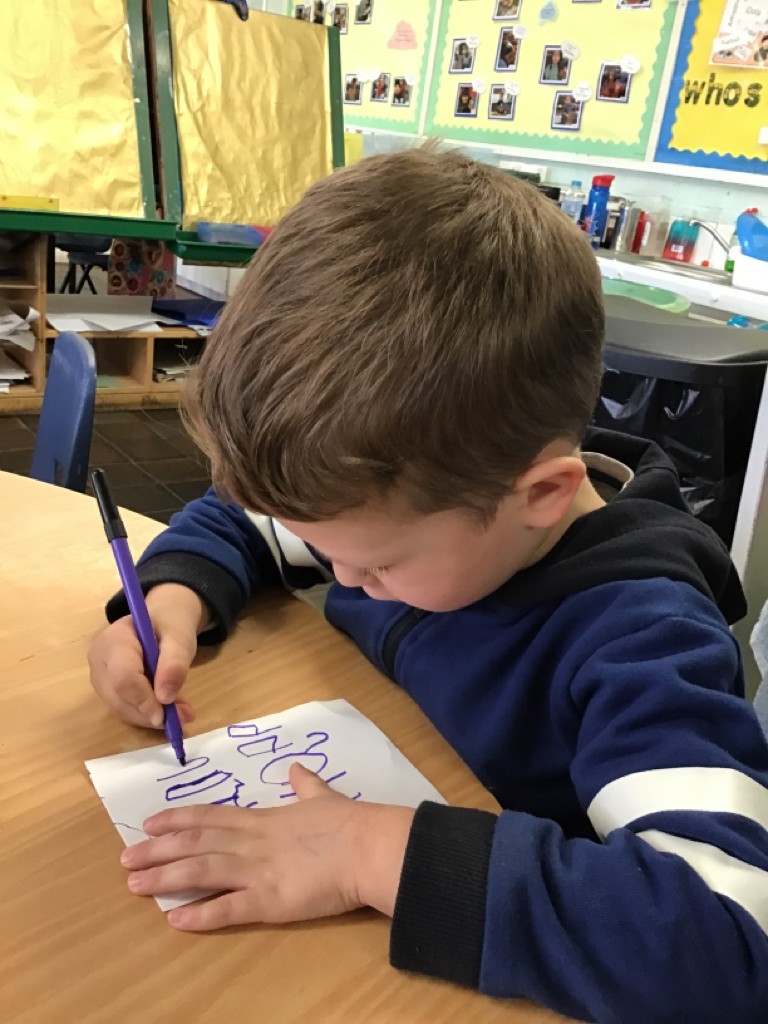
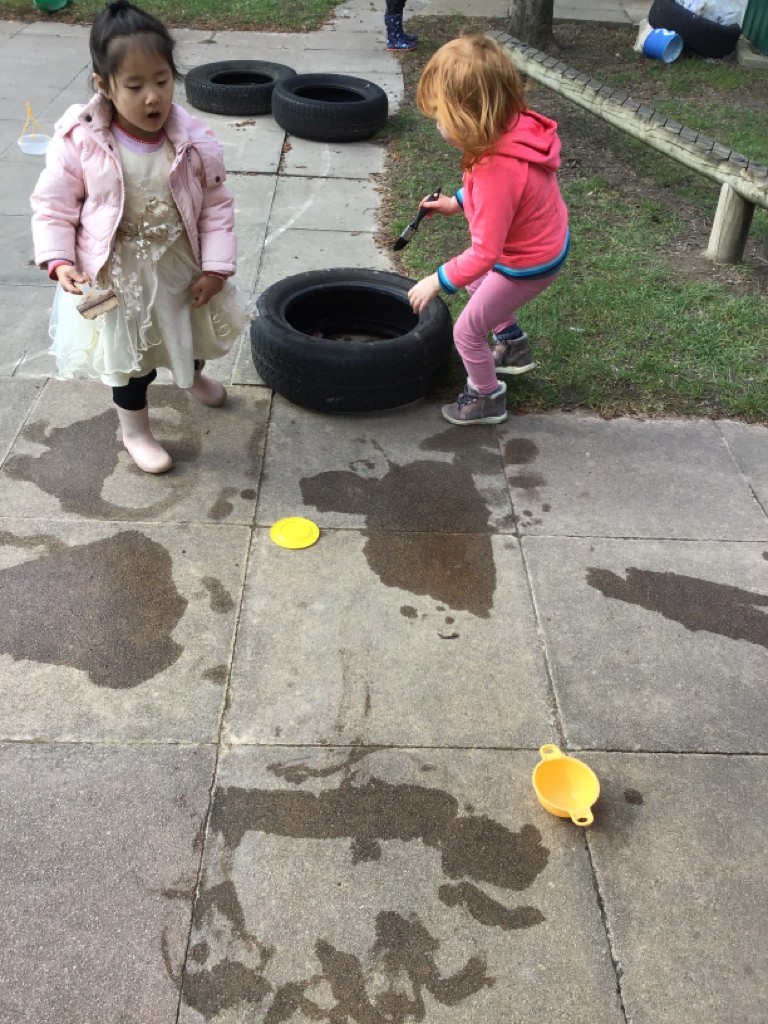
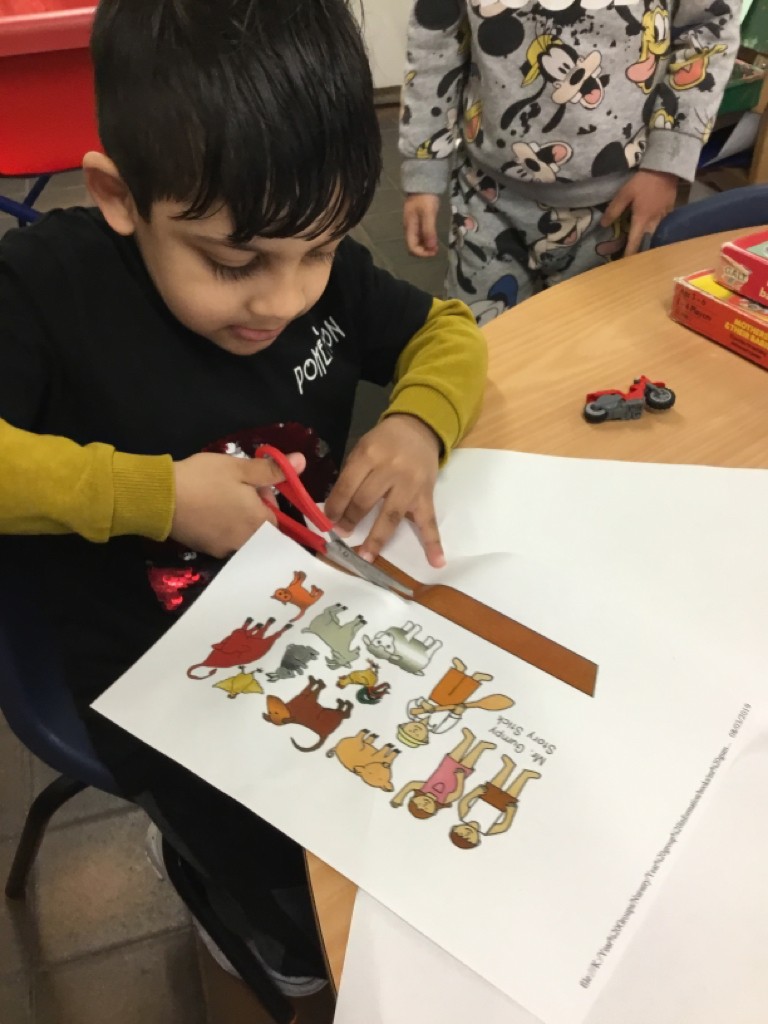
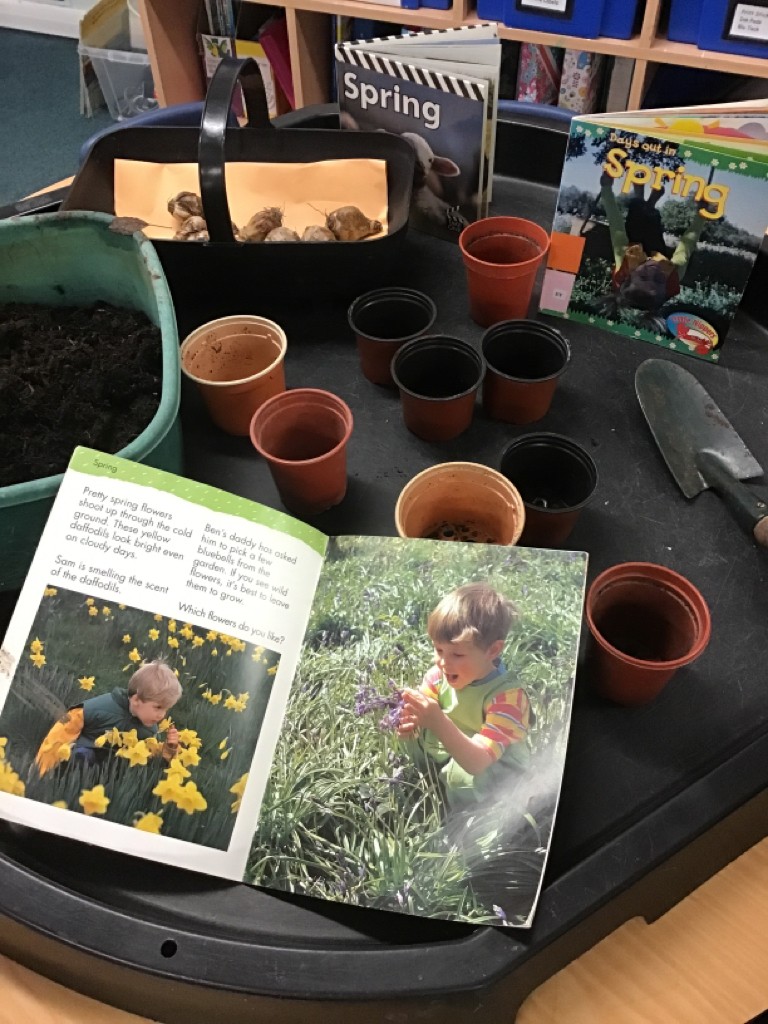
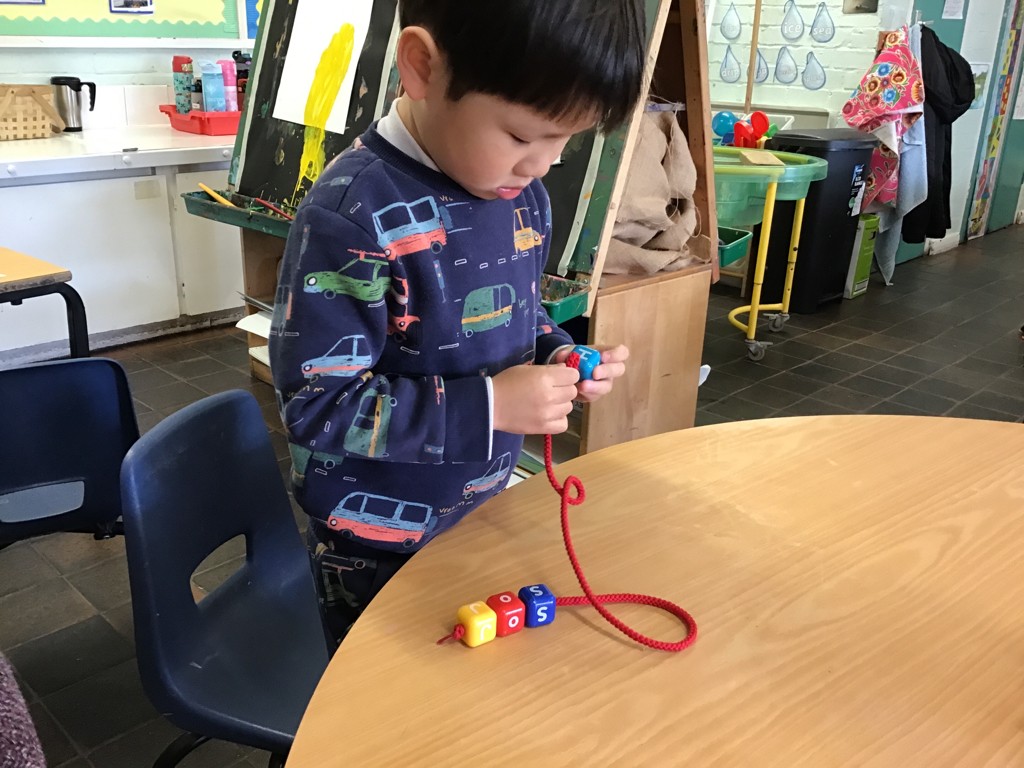
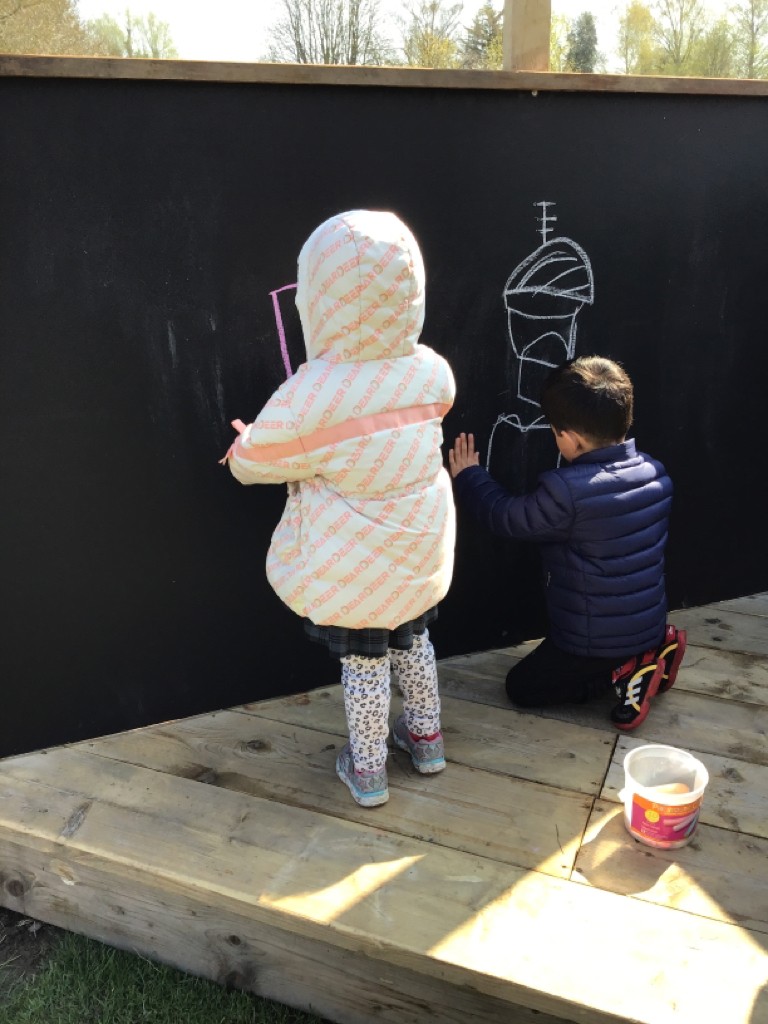
Nursery
Our Talk for Writing story in Autumn 2 is Dear Zoo by Rod Campbell. Children have enjoyed a range of activities focused on the Dear Zoo story. The children have been making a story map, learning the story with actions, painting animals, sharing information books about animals and bringing toys from home to talk about for our animal show and tell week.
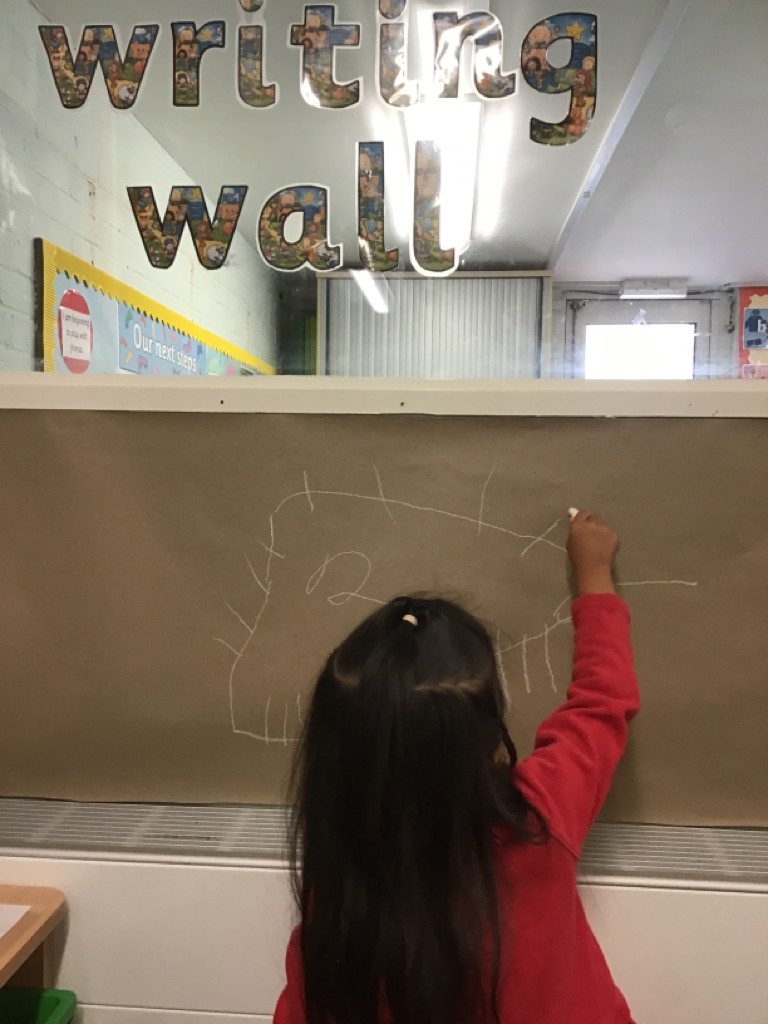
Reception
In Reception, writing and reading are at the heart of our learning. The children were very excited to find a newt in the garden so chose to write about it. Having looked at a doll from the 1950’s, the children had a go at writing about her too. Children are able to practise their next steps and phonics skills at the phonics table. Here they are enjoying the outdoor reading area as children have access to a wide range of books to enjoy.
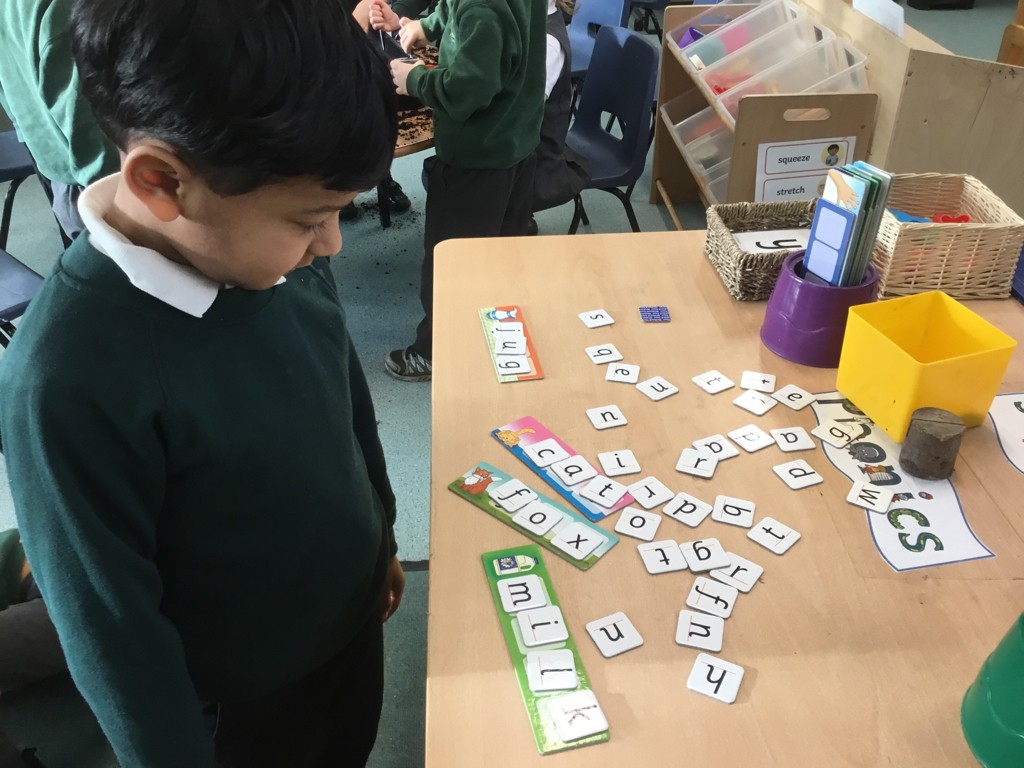
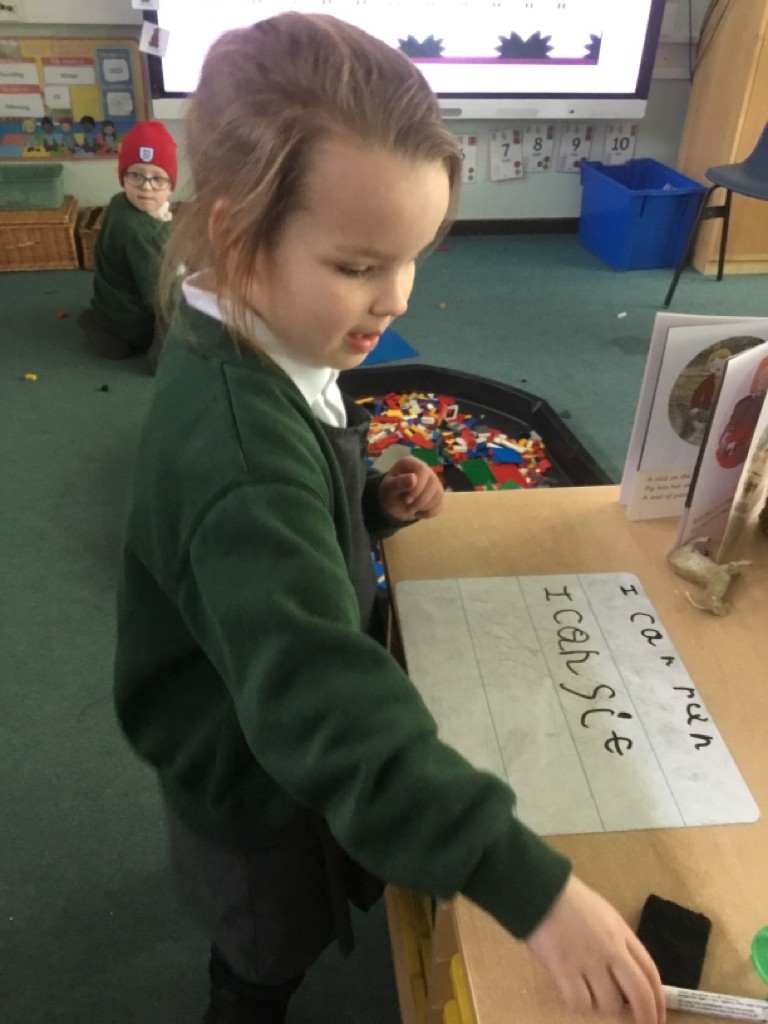
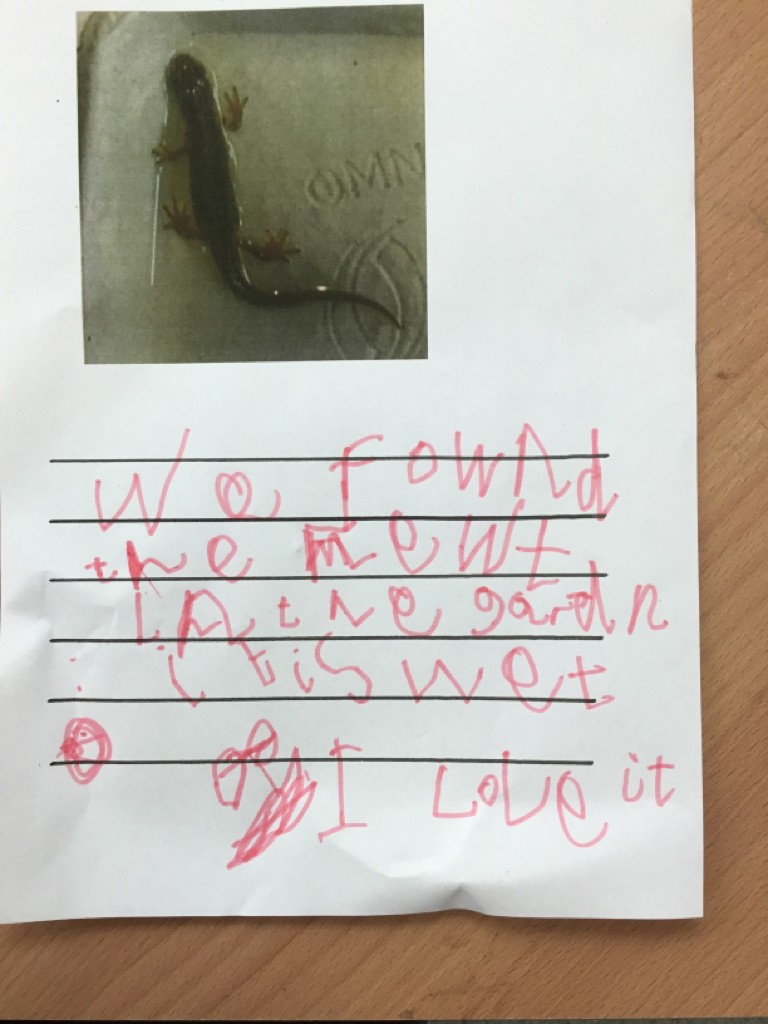
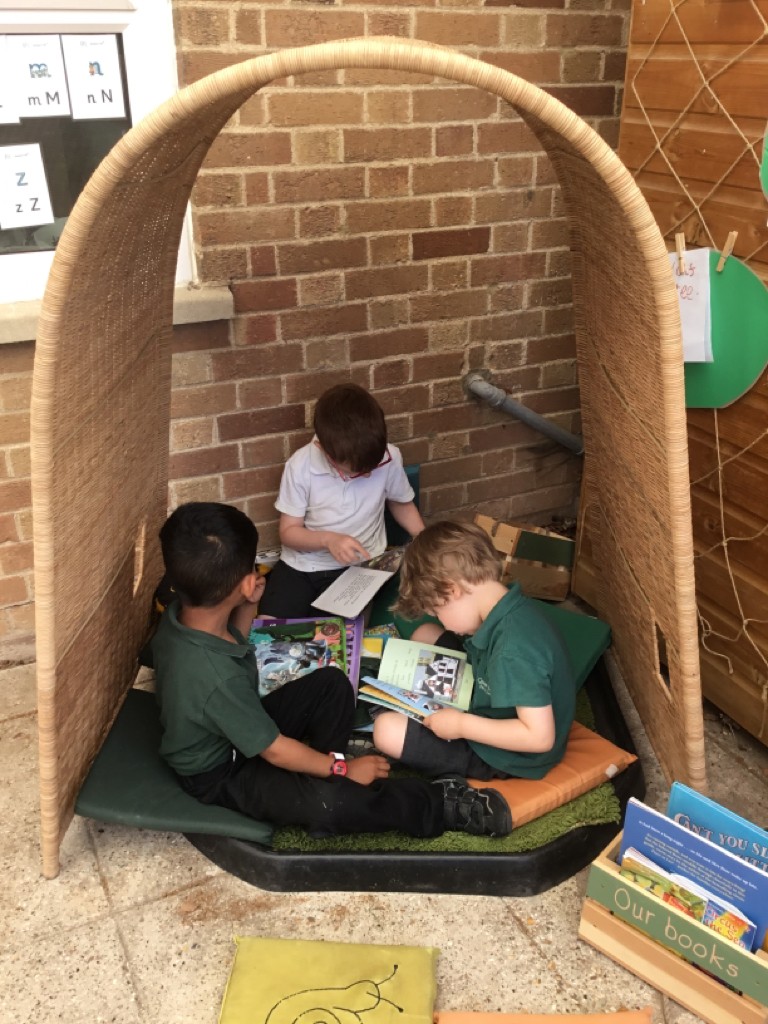
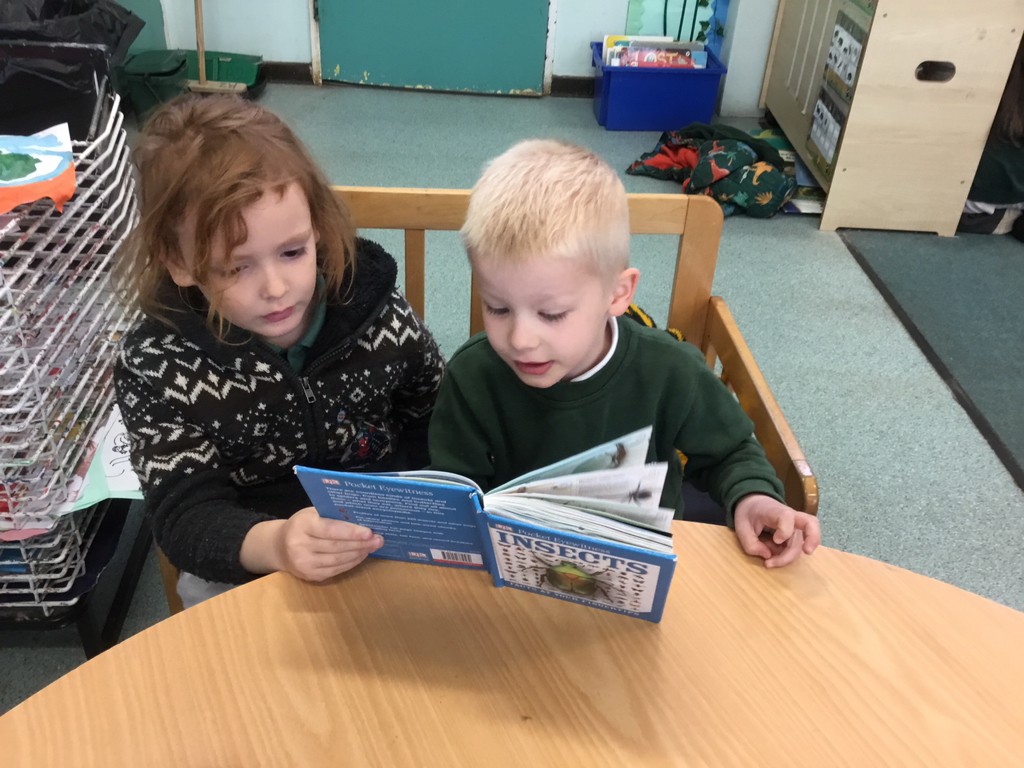

Year 1
This half term in Year 1, we have been looking at ‘The Storm Whale’ by Benji Davies. We have enjoyed plenty of experience lessons where we had to say hard goodbyes and practice being in a rowing boat during a furious storm. The children have written some amazing sentences that include not only out non-negotiables but exciting adjectives, lots of feelings and even excellent similes.
Year 2, Class 2.1
In English, we pretended to be a baby owl and wrote a letter to a friend or family member about our first flight. We worked really hard to include the five senses (touch, sight, hearing, taste and smell) in our writing so that the recipient felt like they were experiencing the flight too. The children produced some great letters!
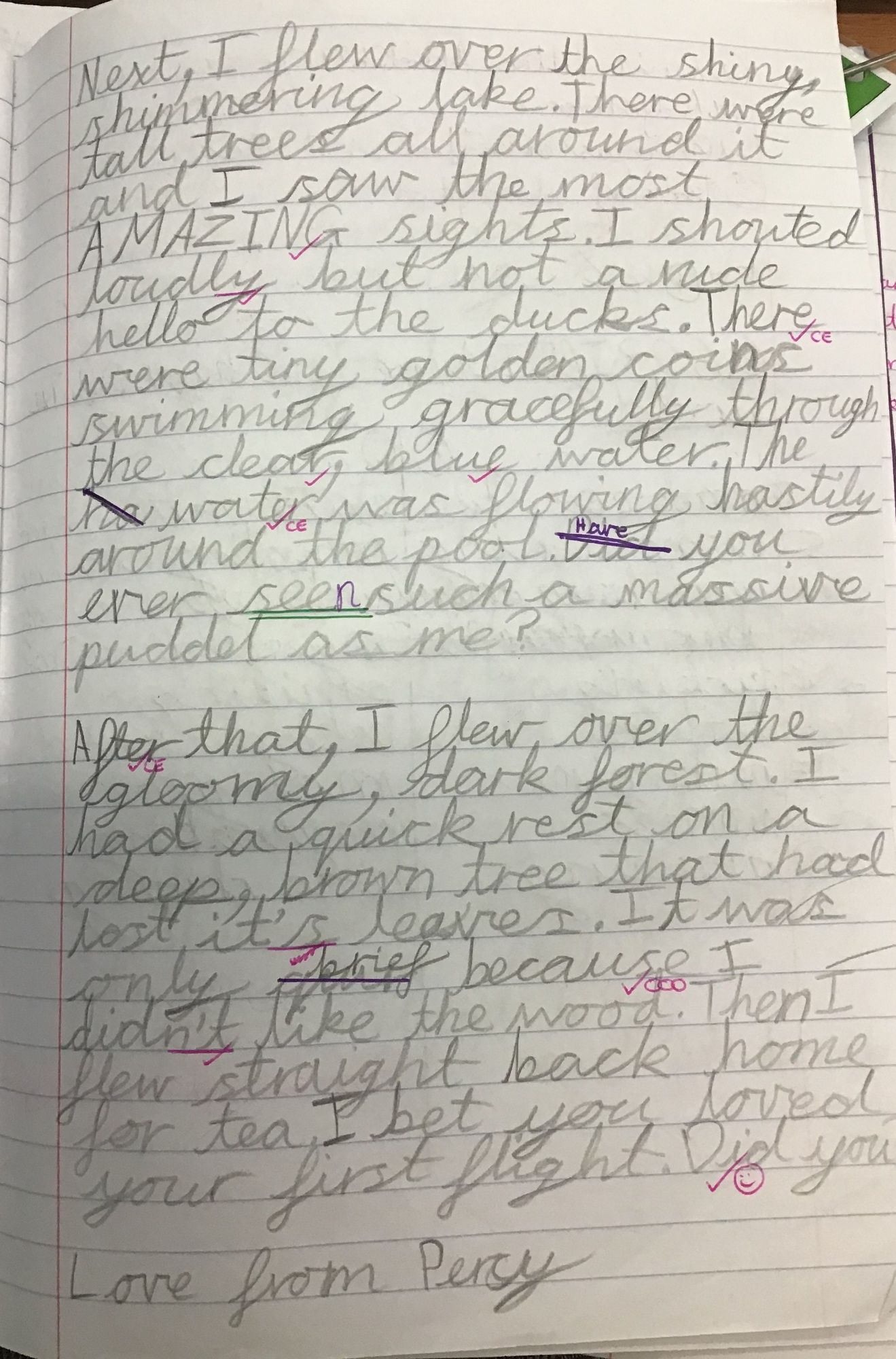
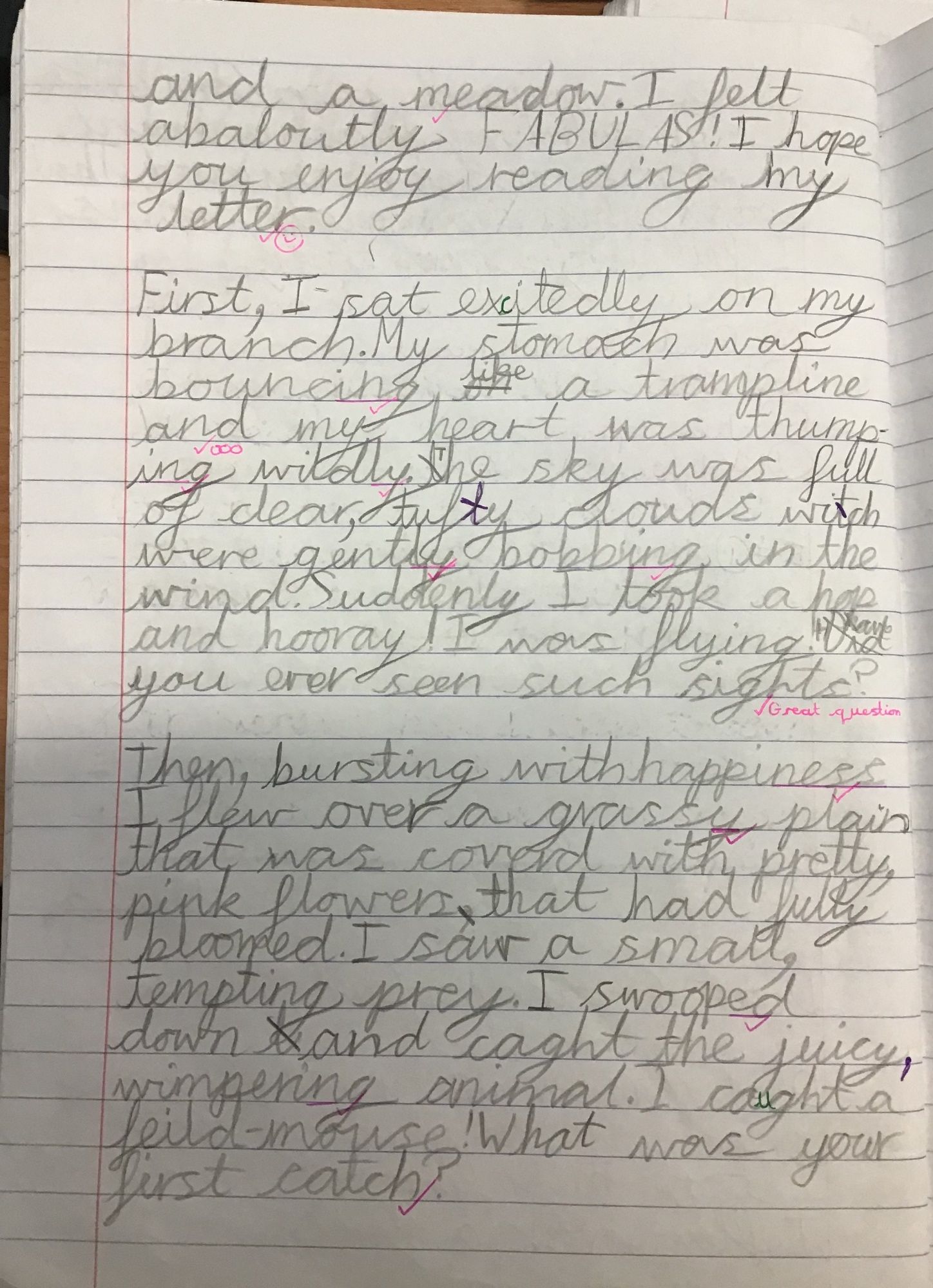
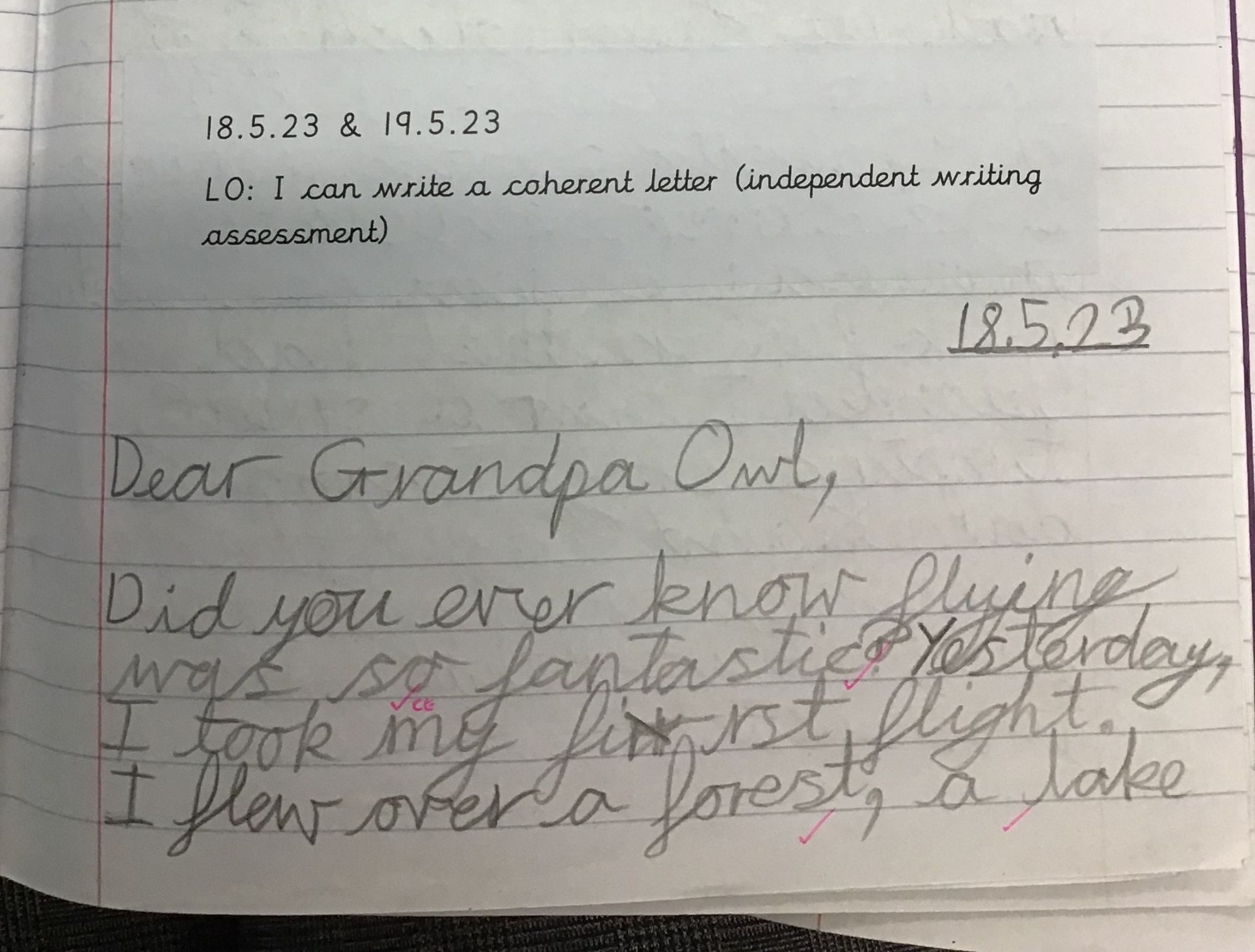
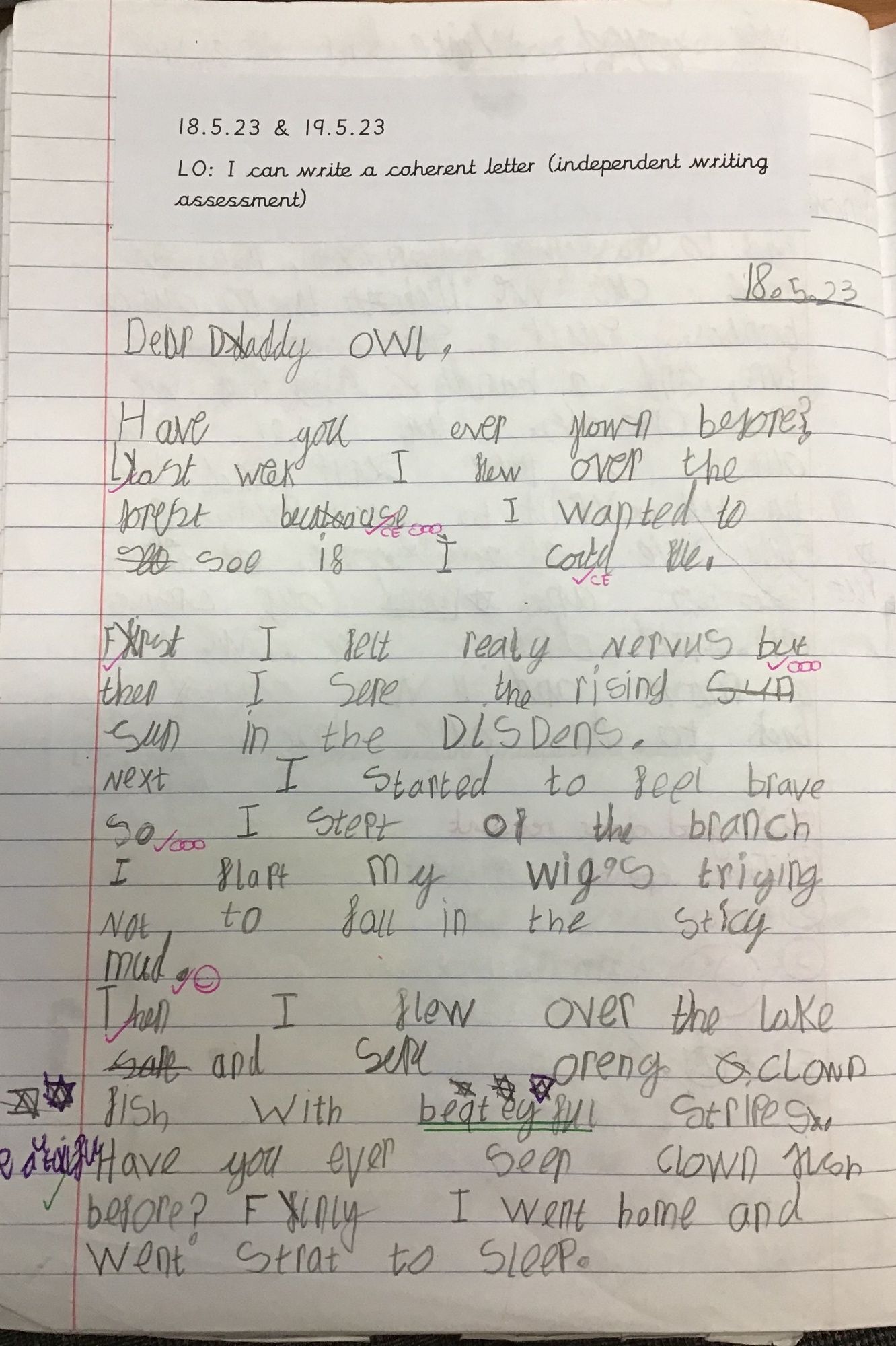
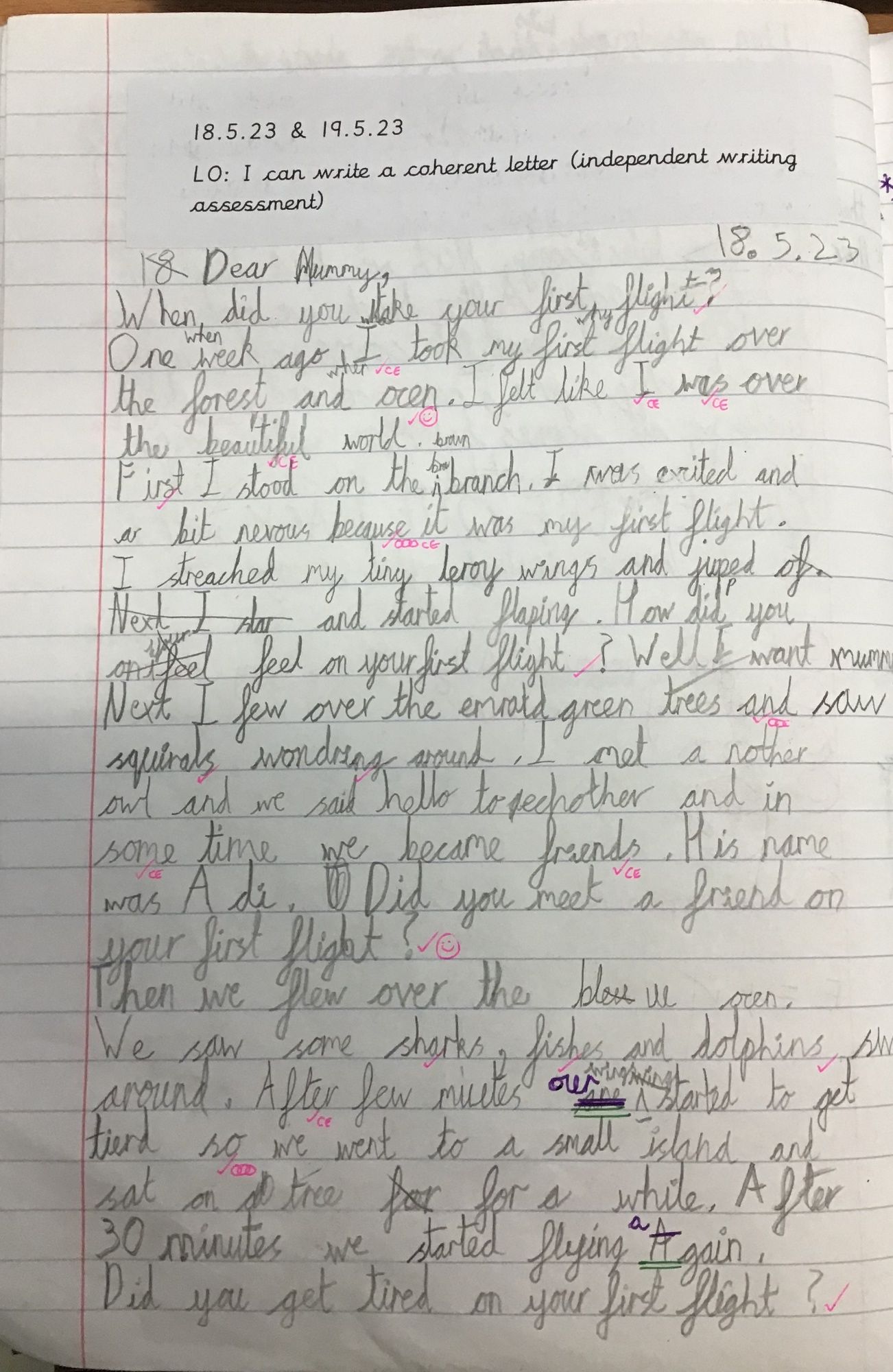
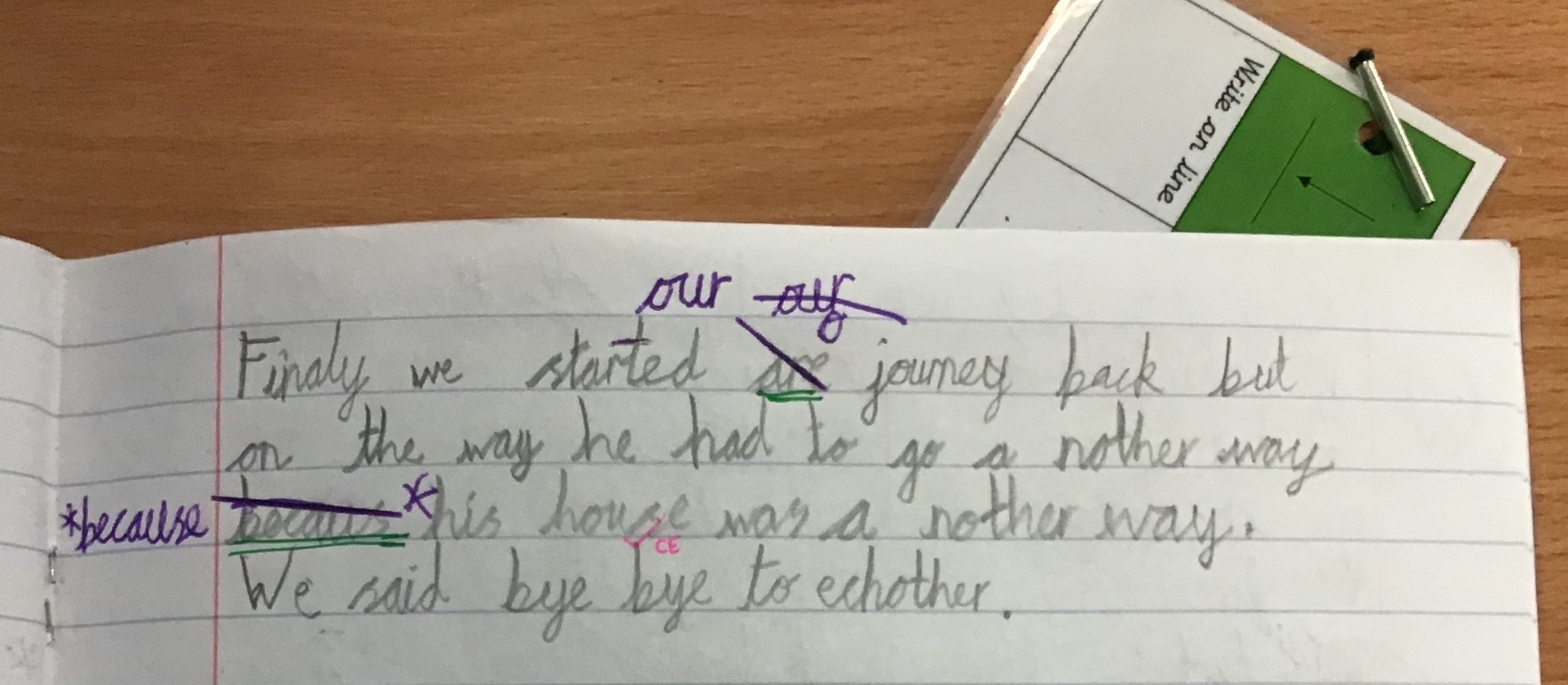
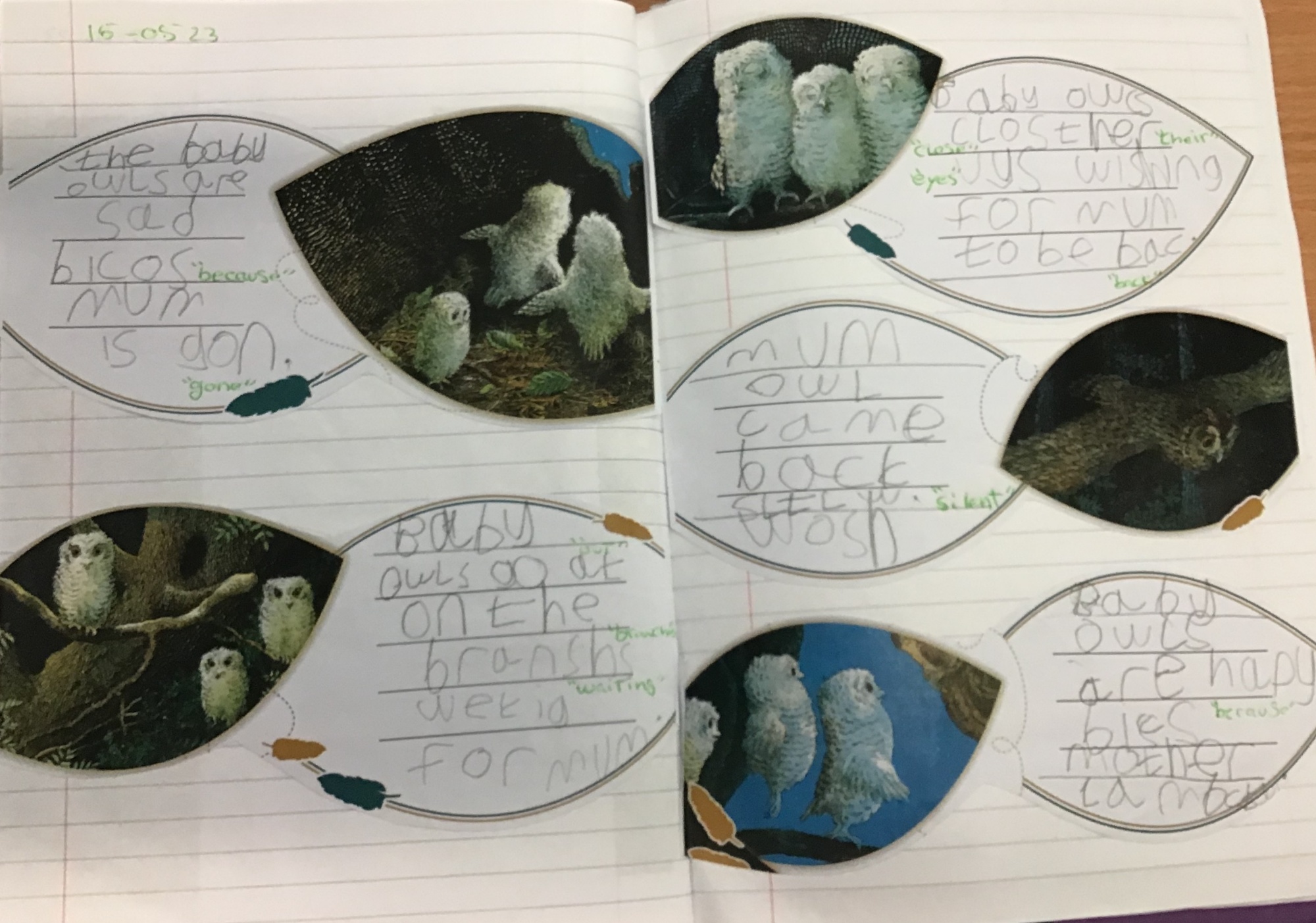
Year 2, Class 2.2
In Year 2 the children heard the story 'The Crow's Tale'. This is a North American story that explains how the crow got his black feathers. His once very colourful feathers were burnt by the sun as he undertook a perilous journey to collect some fire from the sun to keep his friends warm in winter. The children looked at some North American artefacts to help them understand the story and put it in context. They then wrote stories of their own to explain why an animal has a particular feature.
Year 3
Year 3 are imagining what life must have been like for Monet and how we must have felt when he used to wander around his beautiful garden in Giverny. We listened to the birds and used fresh flowers to bombard our senses while we came up with language to use in our writing.
We used ‘Hot Seating’ to draw out plot points for our diary entries we are going to write in first person as Claude Monet. We asked Claude Monet (in role!) questions in order to collaboratively come up with some twists and turns in his day which we are going to expand upon in our own imaginations!
Year 3 children have been learning about Rocks and Soils in Science. They enjoyed putting their writing skills to the test when they wrote a diary entry as if they were the rock following each stage of the Rock Cycle.
.
Year 4
Year 5
Year 5 have written a mountain description using The Write Stuff approach. They looked carefully at using relative clauses and passive voice before coming up with some shared writing.
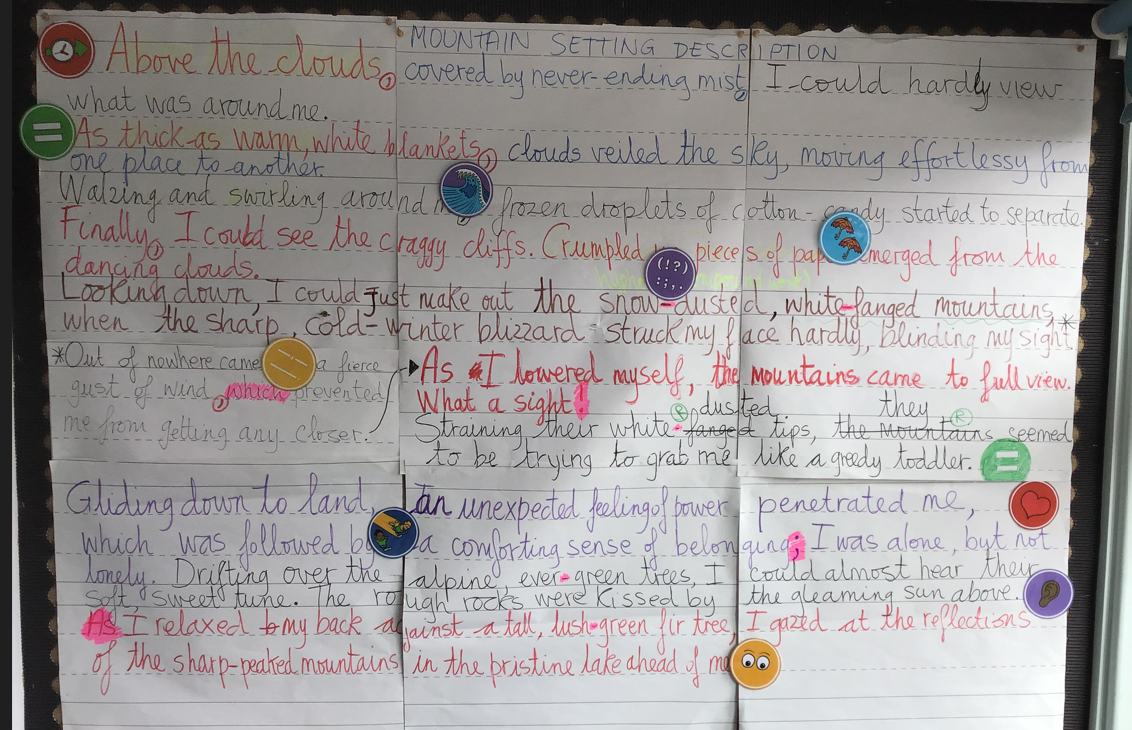
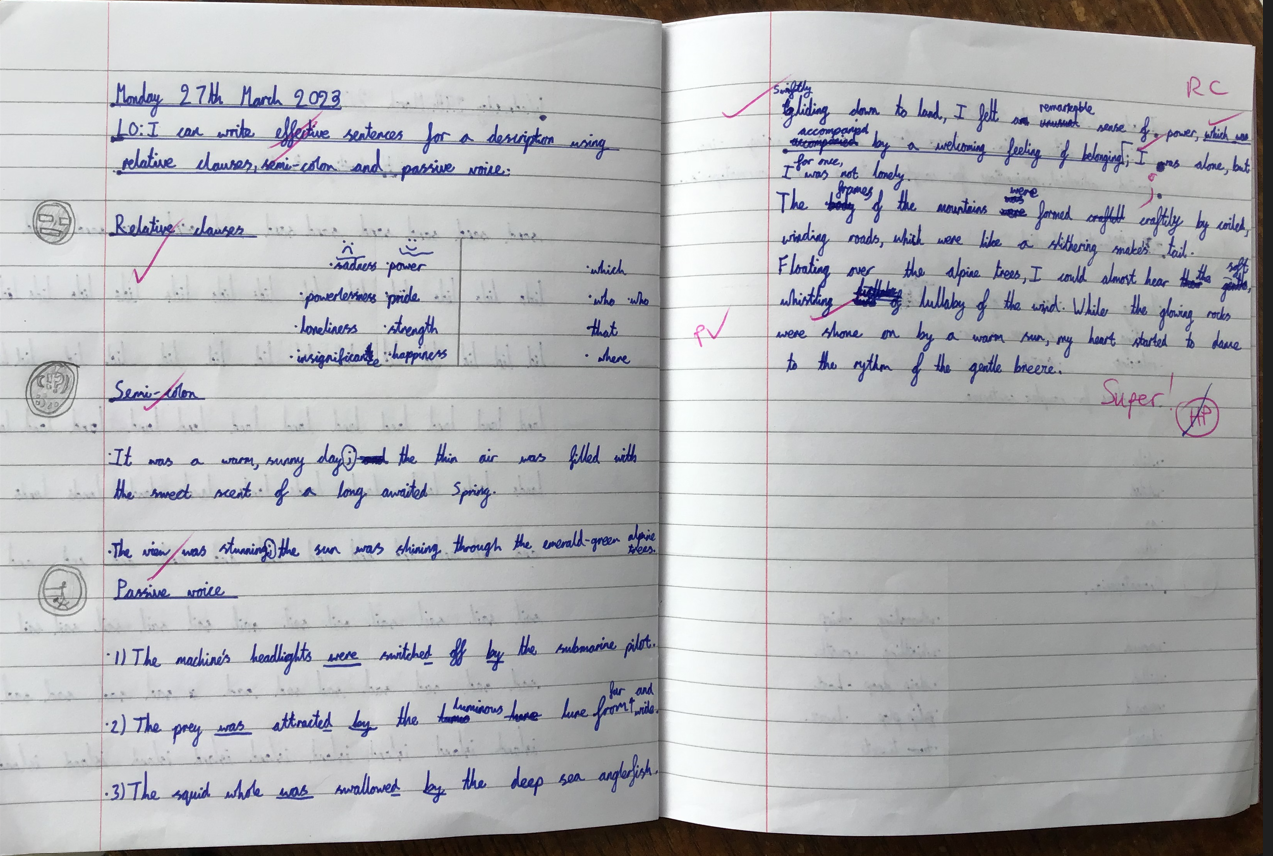
They have also been writing a balanced argument giving pros and cons for both sides of this debate: “The school day should be changed to start at 10am and finish 4.30pm”.
Year 6
In English, we wrote a fact file on animals in the Amazon Rainforest. We researched three animals whose habitat is the rainforest and used a beautiful, high quality text called The Wonder Garden to give us inspiration. We were asked to complete a double page spread about our animals and the habitat they live in and we were able to design it however we wanted. As you can see, there were loads of different ideas!
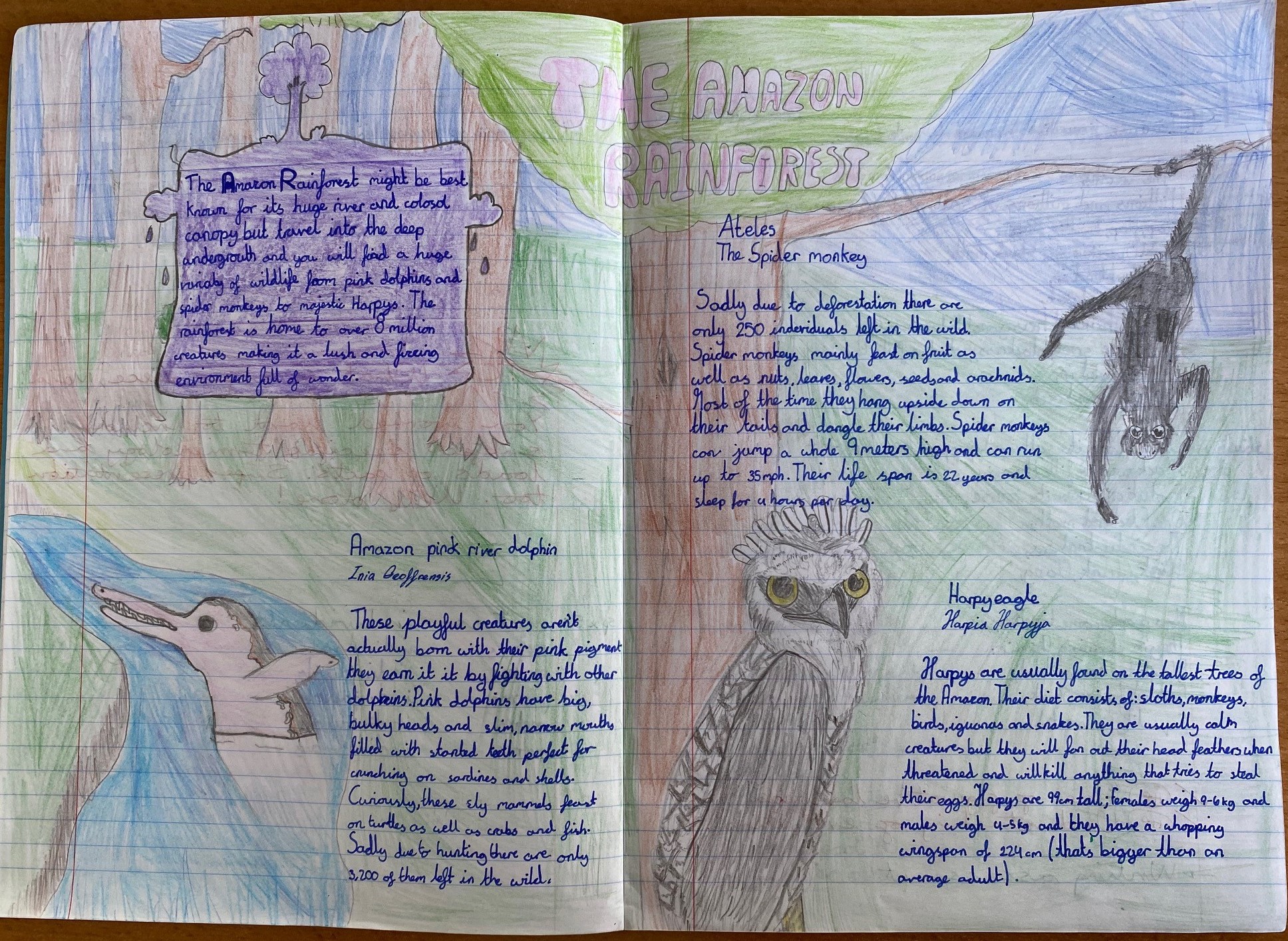
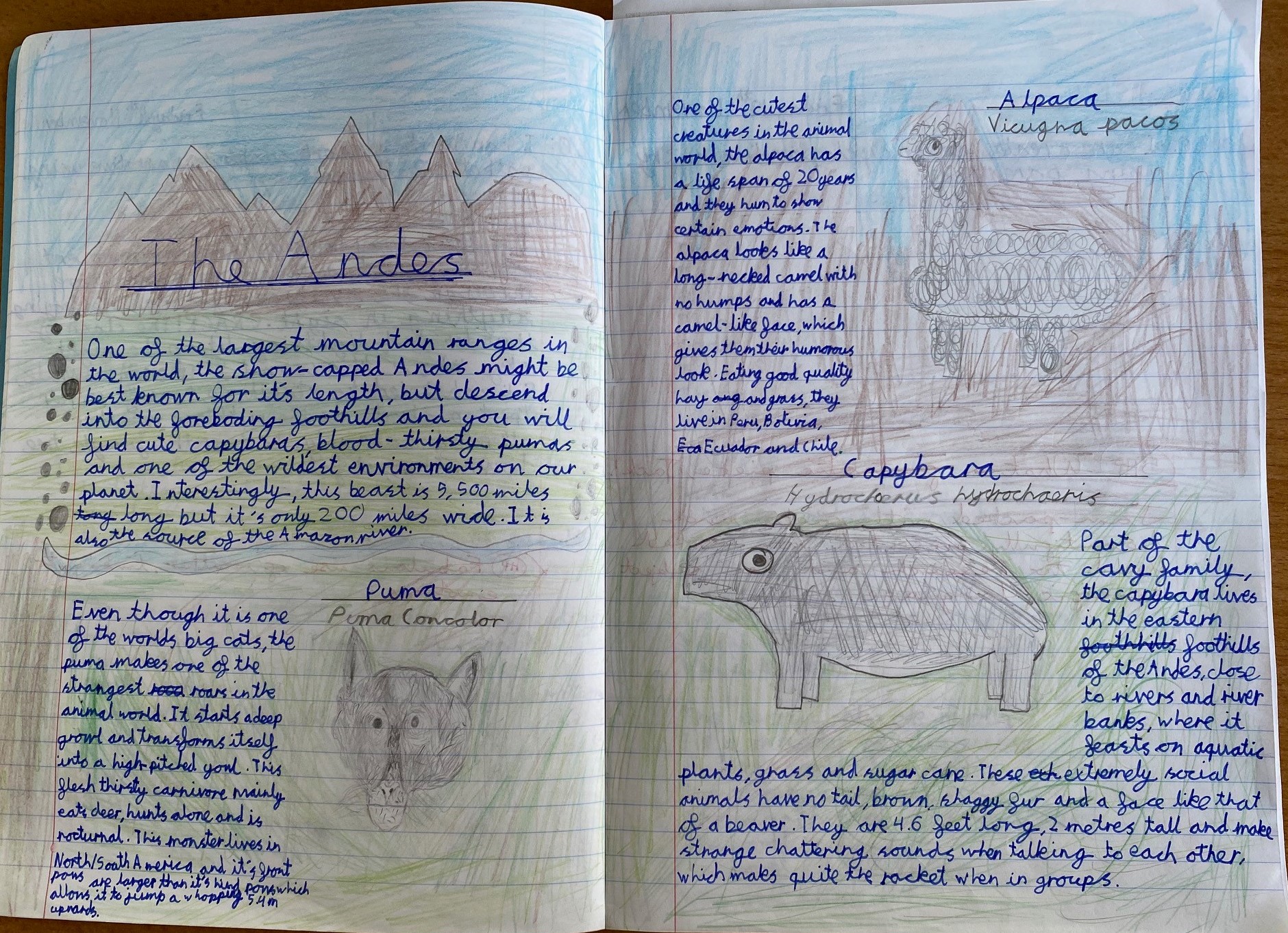
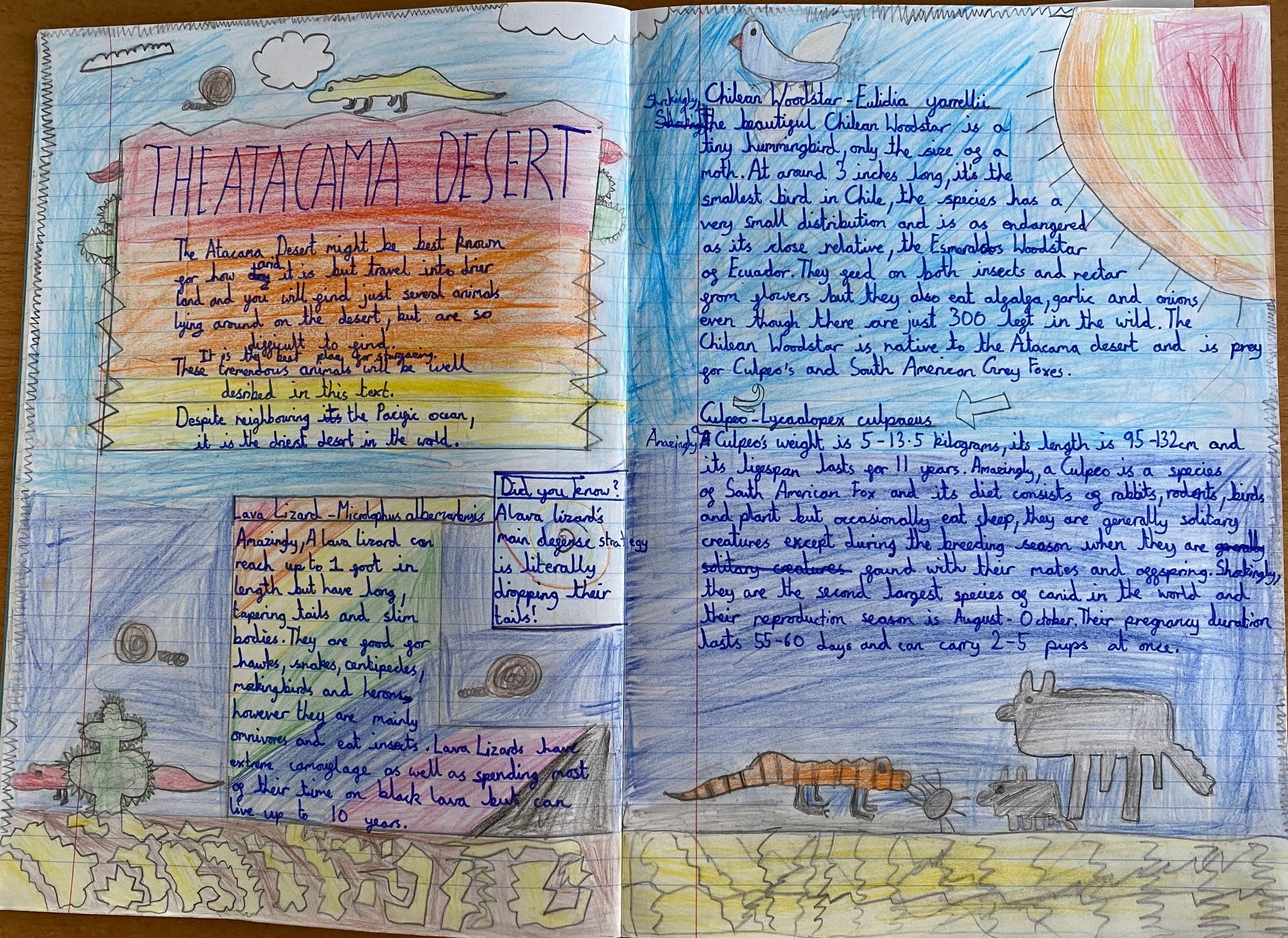
Author Visit – Ruth Eastham
On Monday 6th March, to help us to celebrate World Book Week, Key Stage 2 had a visit from author Ruth Eastham. She told us how she was inspired by historical artefacts such as a Viking helmet and an enigma machine to help her write her stories. She also talked about places where authors travel to gain ideas, even exciting places like the garden shed, but also using the power of our imaginations! Ruth discussed with us the benefits of editing and rewriting as well as showing us some of her own edits of her books when she read aloud to us. We all made a recipe for success including stirring together a few well rounded characters, a spoonful of trials and tribulations, a ton of description, a pinch of humour and a goal! We loved having Ruth visit!
Door Competition
We were set a whole school challenge to decorate our classroom doors based upon a book. We all had a wonderful time being creative and made some amazing bookish entrances to our classrooms. Which one do you like best?
Roald Dahl Day 2022
On 13th September 2022, Queen Edith was delightfully taken over by a whole host of mischief-making Big Friendly Giants, Oompa-Loompas and Matildas! We celebrated Roald Dahl day (on his birthday) by dressing up as one of his fantastic characters, or simply wearing his favourite colour – yummy yellow! It was a great way to introduce his writing to the children and to have fun with reading in a creative way.
